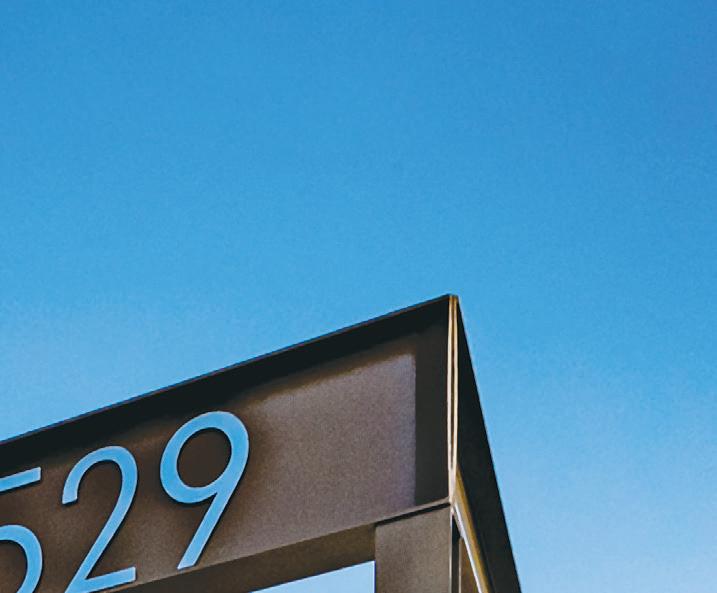‘GET TOGETHER’ GRANTS
Familes can apply for grants through PJ Library to celebrate Shabbat or other holidays




Familes can apply for grants through PJ Library to celebrate Shabbat or other holidays



Adam Metzendorf stepped away from a top job in professional basketball, his “dream job,” to run for the United States Congress in 2022 because he believed that was how he could make the greatest difference.
Now, he’s taking a different tack but all in service of the same political goal: combating hate in all forms — misogyny, homophobia, racism, and especially, antisemitism.
On Aug. 17, Metzendorf was one of 12 people appointed to the Jewish Democratic Council of America’s (JDCA) New Leadership Council (NLC). He was the only person selected from Arizona.

“Metzendorf exemplifies the ideal candidate for the New Leadership Council,” said Debra Stein, JDCA board member and Arizona chapter lead.
“He understands the mission, shares the vision and he’s an expert in strategy. I couldn’t be more pleased that he has joined the council,” she said.
One of the things about Metzendorf that impressed Stein and other JDCA officials most was that after losing to Jevin Hodge in the 2022 Democratic primary for Arizona’s 1st Legislative District (LD-1), “in a mensch move, Adam unhesitatingly endorsed Jevin and did everything he could to get him elected,” Stein said.
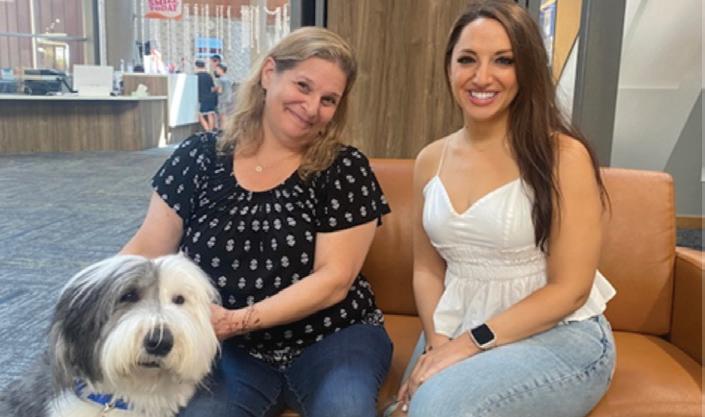
Metzendorf feels more strongly about issues such as strengthening democracy, restoring abortion rights and ensuring that people have the right to be themselves, than having his name on the ballot.
“My name doesn’t matter as much as the change that needs to happen,” he said.
Yet, he still enjoys “the action
A roundup of this year’s services, study sessions and more
Chabad Jewish Center of Mesa Rabbi Laibel Blotner already knows what he will talk about in his High Holiday sermons, but he never writes it down word for word. That’s just not his style. Instead, he spends time considering what needs to be said and jots down the essential ideas he wants to convey. Thus, “the way it comes out, it comes out, and that’s always a little differently,” he said.
Some of his meanderings lately have been quite melancholy. “We live in a world of falseness, a place of pain, insecurity and inner turmoil,” he said. He delved into research on teen suicidal ideation and was shocked by “the incredible number of teens” who have contemplated ending their lives.
“We’re living in a society that has beautiful things to offer, amazing technology and comforts that you would think people would be happy with, but the opposite is true,” he said.
Yet, he’s also found something that gives him hope: “People who are part of a religious community feel better, act better and live a happier life,” he said.
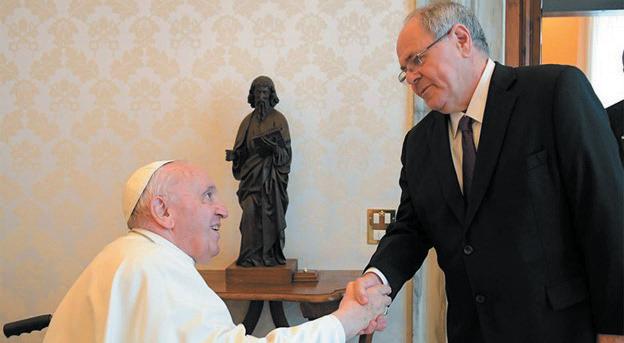
That is the good news that he plans to share with his congregation in hopes that they too will find serenity in Judaism and their Jewish community.
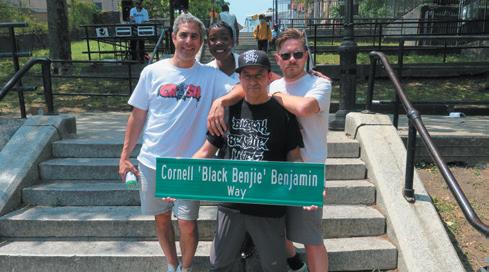
Before Rabbi Bonnie Sharfman sat down to prepare her remarks for Congregation Kehillah’s SEE RABBIS, PAGE 3
Rabbi Erica Burech and cantorial soloist Emily Kaye lead a Shabbat once a month at Burech’s Paradise Valley home.
See page 9
High Holiday services in Cave Creek, she spent some time looking through what she’d written in past years. It struck her that every year there is some issue that weighs heavily on the Jewish community, usually more than one. This year is no different and the anxiety level is high, she said.
However, rather than addressing each of the world’s problems, she plans to talk about “healing things within ourselves,” she said.
“I want us to realize that we have timetested tools in our Jewish tradition to help us navigate life when things aren’t working out like we expected,” she said.
By focusing on healing she’s not ignoring the world’s woes. But after a few years filled with a global pandemic, rising antisemitism and growing disconnection, people need time to regroup.
“With all the losses over the past years we haven’t had a chance to process and heal. I want to come together in community and feel strengthened,” she said. “We need to give people a big hug and tools to help.”
Chabad of the East Valley Rabbi Mendy Deitsch, who also has observed people’s struggles and confusion, wants his Rosh Hashanah message “to tap into our deepest resources and get back to our core,” he said.
Deitsch will focus on the idea of teshuva, or return, and the need “to return to our core, our essence.” He will tell his listeners that deep inside each of them is “a part of God,” and while that place is difficult to reach, the reward for getting there is substantial.
“Once we get there, it is empowering and liberating because we will have found who we are,” he said.
Scottsdale’s Or Adam Congregation for Humanistic Judaism Rabbi Jeffrey Schesnol plans to focus on the importance of forgiveness and all the ways it can improve the lives of those who have been victimized or treated unjustly.
“It propels people forward rather than keeping them emotionally engaged in an injustice or trauma,” he shared with Jewish News in an email.
Temple Beth Sholom of the East Valley

othered and alone,” he said.
With the help of the NLC, he hopes to build strong relationships and make sure that Jews are both seen and heard in the work of achieving Democratic values. One of his strengths is the ability to listen and he’s eager to hear from people who have been doing this for some time.
He and the other members of the NLC “are still learning and trying to find our voice,” he said. This will be on-the-ground training in how to take an idea from advocacy to the election, and
Rabbi Tracee Rosen is preparing four major sermons focusing on making the case for optimism, resilience, forgiveness and joy, respectively.
“We have a theme going on here,” she quipped. “I decided to buck the trend of those who proclaim doom and gloom and make the case for looking on the bright side, the Jewish values that go along with that and how it relates to Rosh Hashanah and Yom Kippur.”
“Behold how good” is the theme for the 5784 High Holidays at Scottsdale’s Congregation Or Tzion.
“Especially in a time of so much chaos, despair and pain, it’s good to remind ourselves of our blessings and remember not to take for granted all the good that is present in our world,” Rabbi Andy Green said.
He didn’t want to give too many specifics so as not to provide spoilers, but on Yom Kippur, the 50th anniversary of Israel’s Yom Kippur War, he will highlight “how significant Israel is in our lives and in our world,” he said.
Temple Solel Rabbi John Linder will also spend some time on Yom Kippur talking about Israel with his Paradise Valley congregation, “helping the community to understand that it is no hyperbole to say that Israel, at 75 years old, is at an existential crossroads and, most importantly, what’s at stake for us as American Jews and how this moment can bring clarity to our own Jewish identities.”
Jewish Community of Sedona and the Verde Valley Rabbi Alicia Magal is preparing for the fast-approaching High Holidays by considering her community’s stories, those they tell themselves, those that stand out and those in need of retelling.
She’ll ask her congregation to reflect on the past year and identify “which stories stand out, what counts most in our vision of how we want our life to unfold and what is the accounting we must now make?”
Rabbi Jeff Glickman, who will lead High Holiday services for Yuma’s Congregation Beth HaMidbar, is a Union for Reform Judaism ambassador, assisting the nation’s small and remote congregations.
“I don’t try to make great sermons. Rather, I strive, through my sermons, to make people greater,” Glickman said. He described sermons as “a dance between speaker and listener; gardener and seedling.”
He wants to hear what’s on congregants’ minds and to do that, he’s spending time calling every member of the Yuma synagogue to listen to what they have to say. It helps him keep his sermons relevant and at the same time people feel heard.
Right now, a couple of topics are rising to the top of the list: the dangers of artificial intelligence (A.I.) and the lingering loneliness brought on by the COVID-19 pandemic.
“A.I. is so dangerous, not because it is so good at mimicking humans, but because humans are so gullible. We joyfully run to things we wish were true. Judaism is the antidote,” he said, adding that synagogues are the answer for loneliness.
Temple Chai Rabbi Bonnie Koppell will also address the topic of A.I. She’ll recount the technological progress that she’s seen in her life but point out that the speed with which it unfolded alone makes A.I. exceptional, and exceptionally unnerving.
She first felt compelled to address A.I. in February and by the next month “I was in a panic that Artificial Intelligence was evolving so quickly that there was no way to say anything that wouldn’t be obsolete five minutes later.”
She experimented with ChatGPT and was both impressed and concerned.
When she considers the particular Jewish concerns that the technology raises, she thinks about intellectual honesty, privacy, truth, social justice and tikkun olam.
During one of her talks, Koppell will break down each of these concerns with her Phoenix congregation. But ultimately, she’ll ask them to “renew our dedication to be forces for good in an ever-changing world.” JN
There are many rabbis and synagogues in Greater Phoenix, and this is just a sampling. Please visit our digital 2023 Community Directory at JewishAZ.com for a comprehensive guide to our local spiritual resources.

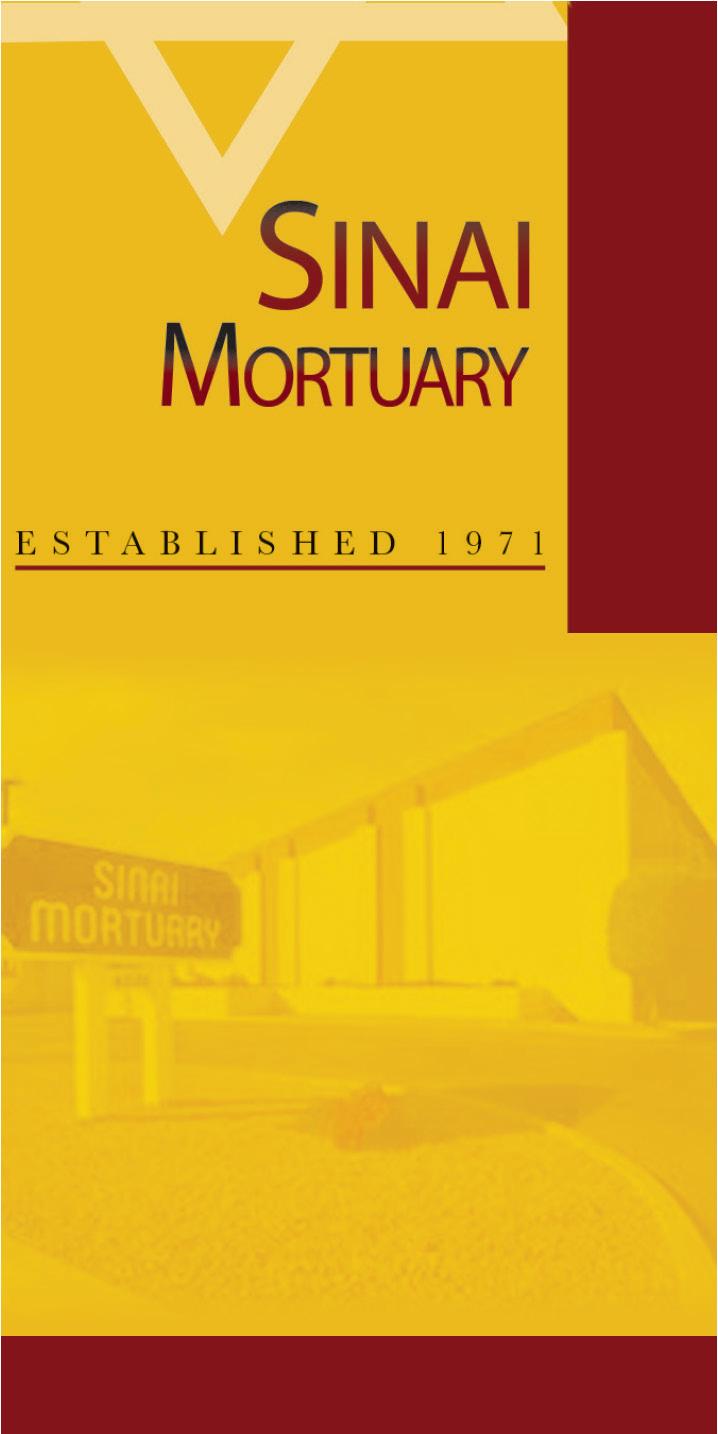
ultimately, to influencing policy in order to create long-term change.
“JDCA is such a wealth of experience and there are so many great people who want to make the world a better place. Good people who work hard attract good people who work hard,” he said.
Looking ahead to 2024, he’s not ready to make any predictions (except that he’ll be spending a lot of his time persuading voters in Legislative Districts 2 and 4) but is focused on “controlling the controllables” like registering, educating
and turning out voters.
“If we let people know the issues they care about are our issues, everything else will take care of itself. I’m optimistic that if we do the work, good things will come,” he said.
He’s also not ready to write off the possibility of ever being a candidate again.
“I’m not going to say no to anything — I’m open to it in the future. But right now, I’m really happy doing this,” he said. JN
In mid-2021, as the COVID pandemic raged, high school student Lily Messing noticed that the social ills plaguing her native Tucson — including domestic violence, drug abuse and homelessness — all seemed to be getting worse.
Meanwhile, Jake Hammerman, a teenager in Lafayette, California, a suburb in the San Francisco Bay area, saw firsthand how the pandemic exacerbated the challenges facing homebound seniors, many of whom were isolated to begin with.
Determined to do something to help, the two Jewish teens put their respective skills to use: Lily as a grassroots organizer, Jake as a tennis instructor.
Lily, 17, established 100+ Teens Who Care, a nonprofit network of “giving circles” comprised of like-minded high school students who collectively select and donate to a specific local charity. Her first chapter, in Tucson, started out with 100 members and now boasts at least 220 teens. While Lily’s project began in
Arizona, her impact has expanded across the United States and internationally, with 23 chapters now operating in places ranging from Idaho to Islamabad, Pakistan.
“I began the organization because I felt like teens really wanted to make a difference but lacked the coordination and opportunity to do so,” Lily said. “I wanted to give them an outlet to make meaningful change in our community.”
Jake, 18, launched Impactful Tennis in May 2020 to fund a local Meals on Wheels chapter. Under the program, volunteers offered children tennis lessons and asked that in lieu of payment parents donate the fees to that charity. Since its founding, Impactful Tennis volunteers have given over 900 tennis lessons to some 400 students, generating $39,000 in donations — not only meals for the elderly, but also for companionship and mental health services.
“My project started from my passion for tennis and also from what I was
seeing on the news,” Jake said. “My grandparents suffer from Alzheimer’s and Parkinson’s. The pandemic definitely aggravated the impact of these diseases, so I really wanted to help seniors during this time of need.”
In early August, the two extraordinary Jewish teens — along with 13 others from across the United States — were honored at a ceremony in San Francisco by the Helen Diller Family Foundation, which awarded each of the 15 teens a $36,000 prize in recognition of their outstanding work innovating and leading change in their communities and around the world.
The Diller Teen Tikkun Olam Awards, whose name is Hebrew for “repairing the world,” are given annually.
Among this year’s awardees: New Jersey resident Aron Goodman, who uses TikTok to fight antisemitism by sharing first-person video interviews with his grandmother, a Holocaust survivor; Meaza Light-Orr of Los Angeles, who spearheaded a $120,000 project to fund a primary school in her birth village of Kololo, Ethiopia; and Steven Hoffen, whose nonprofit boosts food security by installing and maintaining hydroponic gardens both in Israel and his native New York City.
Since its inception in 2007, the foundation’s Diller Teen Tikkun Olam Awards — established by Bay Area philanthropist Helen Diller — have given away nearly $7 million to 189 recipients. The awardees use the funds to help further their projects or contribute toward their education.
“Young people are striving to solve critical challenges in their communities with creativity, hard work, resourcefulness, and a commitment to tikkun olam,” said Phyllis Cook, the foundation’s philanthropic consultant. “We are inspired by their leadership and committed to recognizing them as role models for other teens by celebrating how young people can make an impact in communities across the country.”
With the growing threat of a war with Hezbollah, we can’t ensure this Rosh HaShanah will usher in a peaceful year. But with a new campaign to add 300 urgently needed ambulances to MDA’s fleet, we can save lives no matter what 5784 brings. Make a donation today or contact us about how you, your family, or synagogue can provide the ambulances MDA will need.
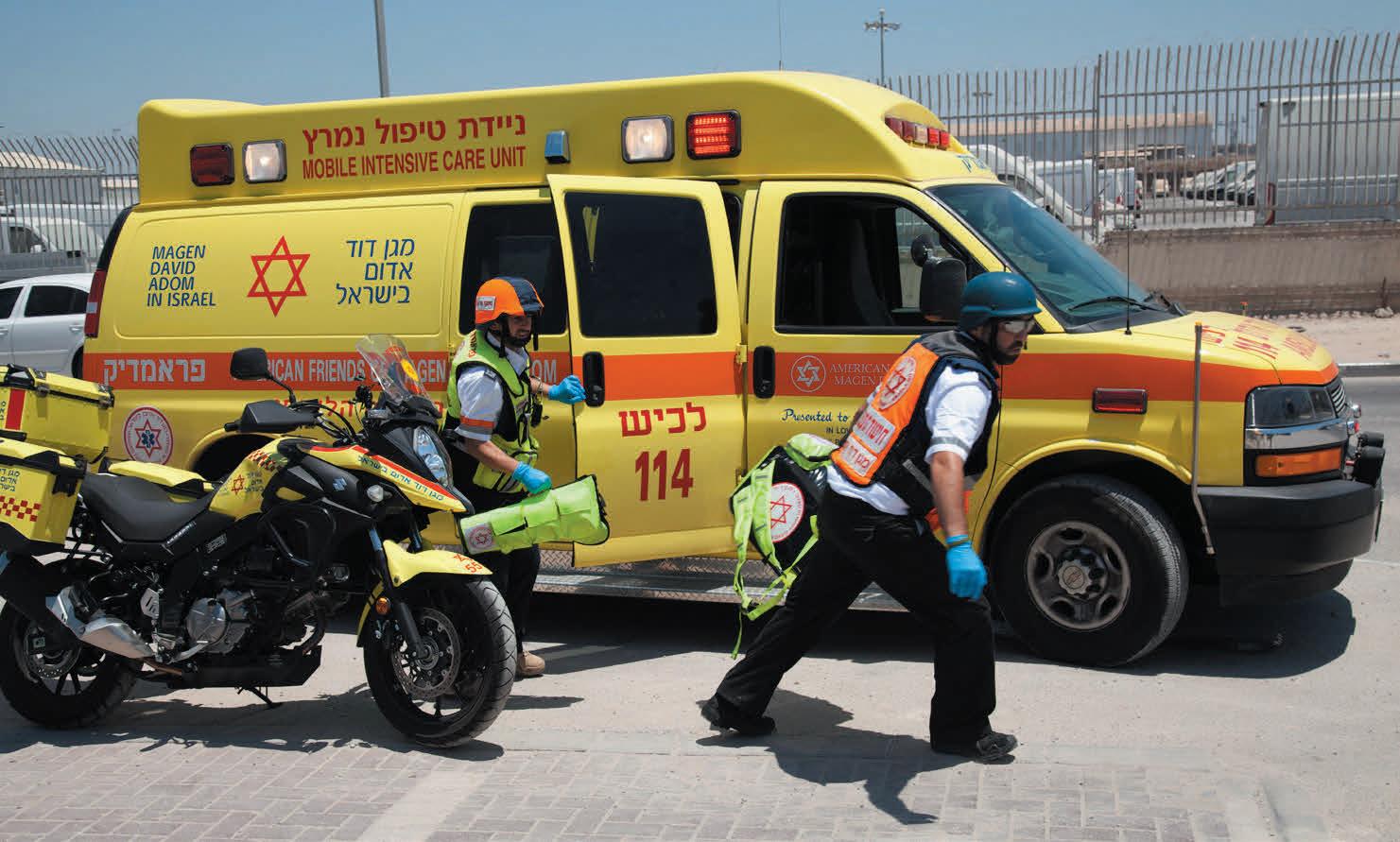
Visit afmda.org/give or call 866.632.2763.
who will attend Yale this fall. The group, which only gives lessons during the summer, now has 20 volunteer instructors and charges $40 per lesson. The concept is so popular that its online sign-up sheets generally fill up within minutes.
Even though COVID largely has receded from public concern, social isolation among the elderly still persists on a massive scale, Jake noted.
For her part, Lily realized that an individual teen donating $25 might feel insignificant, but that such a donation when combined with 100 other contributions could make a real difference.
As part of 100+ Teens Who Care, each member donates $100 per year ($25 at every quarterly meeting), with 100% of the collected funds going to a selected charity. At each meeting, three vetted local charities are randomly selected for consideration. Following brief presentations by those who nominated them, members vote anonymously. The charity with the most votes receives all the funds.
Since its inception, the Tucson chapter of 100+ Teens Who Care has raised more than $30,000 to provide essential supplies to homeless youth, support mental health services for children and fund housing for those transitioning out of the foster care system. Together, the impact of her service-minded peers is far stronger than if each teen helped individually, Lily said.
“I realized I could use the Tucson chapter as a template to create other chapters, so I developed information videos to help other teens start their own chapters,” Lily said. “We’re expanding at the rate of two new chapters every month, and every chapter puts its own spin on it.”
So, for example, the 100+ Teens Who Care chapter in Palm Beach, Florida, does monthly beach cleanups, while the chapter in Portland, Oregon, hosts food drives for that city’s homeless population.
For Jake, who has been playing tennis since age 7, it seemed obvious that the best way to raise funds for Meals on Wheels was to give local children tennis lessons. But instead of collecting money, he’d ask the kids’ parents to donate to Impactful Tennis through a GoFundMe account.
“It started off with just me and five of my closest friends, but I knew the organization had the potential to grow much bigger,” said Jake, a rising freshman
“I feel like there’s real power in getting a group of like-minded teens to come together to make the world a better place and instill the values of philanthropy at such a young age,” Lily said. “I truly hope this will carry with them for the rest of their lives.” JN
Each year, the Helen Diller Family Foundation recognizes up to 15 extraordinary Jewish teenagers from across the United States with an award of $36,000 each to honor their initiatives to help change the world. Nominate a young leader today or teens can apply directly by January 5, 2024 at dillerteenawards.org.
As Israelis rejoice in the sound of the shofar, we’re also preparing for the wail of the siren.
On Aug. 28, Jewish families in Greater Phoenix became eligible to apply for PJ Library “Get Together” grants for the first time since the national program began in 2016.
According to Marcy Lewis, PJ Library Phoenix’s program director, the grant program was initially meant for communities with smaller Jewish populations to help bring them together. Gradually expanding over the last few years and after Lewis’ “years of begging and pleading” with her PJ Library engagement officer, the program will finally be open to local families.
The grants are also being offered to PJ Library of Prescott and Southern Arizona, as well as a host of Jewish communities around the country.
The grants are about inspiring and motivating families to create and lead a Jewish experience on their own, which will mean increasing their knowledge of Jewish holidays and values and connecting with other Jewish families. Those who apply and host
a celebration with two or more families (other than their own) can submit a reimbursement report for up to $100.
Whatever event families plan, it must celebrate Jewish life in some way. Families have hosted Shabbat, Havdalah, other Jewish holidays, volunteered together or completed some Jewish-related service project. However, milestone celebrations like birthdays, bris or baby namings are not eligible.
“Getting this program in Phoenix has been at the top of my list. I’m just thrilled we’re offering it,” Lewis told Jewish News.
“I love the fact that families can come together and celebrate Shabbat or other holidays. It’s a beautiful moment for a Jewish family,” she said.
Anna Kessler isn’t sure what her proposal will be, but she’s definitely going to apply for the grant, though she might wait for cooler weather.
“My husband will play music and we’ll have games and food — food always brings people out! This is a way to open the
doors for some families, who might not be affiliated but want to socialize with others Jewishly. This will give them the connection they need,” she said.
Kessler grew up in Phoenix, is a member of Beth El Phoenix and has strong ties to the local Jewish community. Her two kids, ages 8 and 10, have been involved in PJ Library since birth. Her oldest is even on the PJ Our Way kids’ advisory council.

Kessler has nothing but praise for Lewis: “I can’t say enough about Marcy and her ruach (spirit). PJ Library has evolved and blossomed under her leadership.”
Nicole Cadle is also planning to apply
for the grant. She lives in the East Valley and her youngest two sons attend Desert Jewish Academy, a small Jewish day school in Chandler. She is already brainstorming ideas with Lewis about events to plan around the school.
“The majority of parents are Jewish but we don’t know each other that well. It would be awesome to bring all the families together because we want to grow our great Jewish day school,” Cadle said.
She’s even thinking of inviting Lewis to a big event with all the East Valley families.
“After all, the idea is to get us on the
On Aug. 3, Israeli-American Council (IAC) National Director of Activism Program Jeny Dementeva and anti-bias training specialist Senny Ben-Zvi brought a day-long educational training on antisemitism at Desert Canyon Middle School to a close with a bespoke, portable escape room. Instead of teachers and staff racing against the clock, solving clever puzzles to find the way out of a locked room, they were asked questions designed to test the information they had learned that day.
“It’s the same idea of solving riddles and puzzles, but everything is connected to antisemitism and all the things they learned from the day. We want to show them how to teach tough topics in a more fun way,” Dementeva said about the early August training.
In February, a history teacher at the Scottsdale middle school sent an email to seventh-grade families about having discovered an act of “deliberate vandalism” to an “interactive learning museum based on the Holocaust.”
The letter outlined that “multiple unnamed students” drew swastikas “on the faces of deceased Holocaust victims” and ripped apart posters the teacher had made
Organization:
Mt Sinai Cemetery
Contact:
Please send resume to Ira Mann, at ira@mtsinaicemetery.com.
Description:
Mt Sinai is looking for a Family Sales Counselor. The position requires meeting with families or individuals who wish to make end of life arrangements. Familiarity with Jewish customs is helpful; being motivated, having compassion, and an attention to detail are essential. Phone work, follow-up, and building connections with clients is the key to success.
Mt Sinai is a Jewish cemetery located in north Phoenix.
Our small, dedicated staff has created a very positive company culture and pleasant workplace. Being a team player is important for this rapidly expanding business
Cemetery training is provided, as well as competitive remuneration, annual bonus, generous PTO, and healthcare benefits.
for the project.
An Israeli parent of one of the students reached out to IAC and initiated a conversation between IAC officials and the school’s administration.
The IAC’s “schoolwatch.me” online platform is a place for people to report information about antisemitic incidents at schools.
“The parent was very concerned, so we contacted the school and the principal was amazing, as well as worried, about how to address the issue,” Dementeva said.
“During our day-long training, we embarked on a transformative mission to address bias, promote inclusivity and foster a deep understanding of the importance of diversity within our school. This knowledge will help the staff better identify bias and discrimination among students and follow protocols toward student intervention,” said school principal Robert Akhbari, in a message to Dementeva.
Between September and December 2022, data collected by the Anti-Defamation League shows more than 30 antisemitic incidents in educational settings in the United States, including a series of violent attacks, bomb threats and physical assaults.
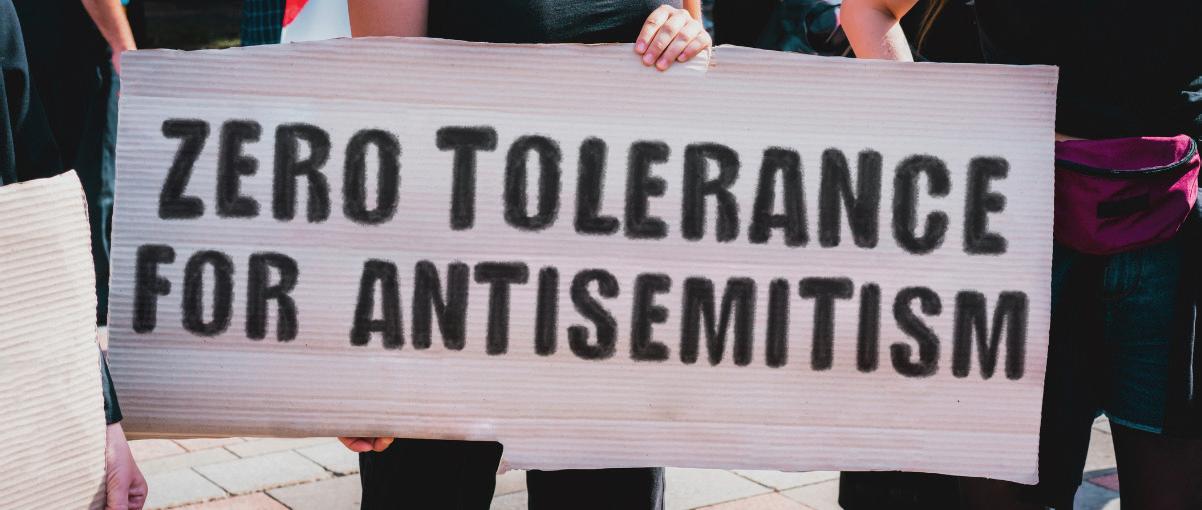
The popularization of certain conspiracy theories on social media pose new challenges to education systems as teachers have to address hate speech, prejudice and disinformation in their classrooms.
“This is not just happening in one school in Arizona. We see this number of incidents rise in many school environments and it’s
very concerning,” Dementeva said.
The IAC training was offered to faculty and staff as they prepared to go back into the classroom for the new school year and consisted of three parts.
The first section involved an open discussion about antisemitism and racism, and was an opportunity for teachers to share their experiences and thoughts. Dementeva also introduced common antisemitic tropes and themes, their origins and how to recognize and combat them, as well as explaining the International Holocaust Remembrance Alliance (IHRA) definition of antisemitism:
“Antisemitism is a certain perception of Jews, which may be expressed as hatred toward Jews. Rhetorical and physical manifestations of antisemitism are directed toward Jewish or non-Jewish individuals and/ or their property toward Jewish community institutions and religious facilities.”
The second part of the training focused on modern manifestations of antisemitism and used real-life examples drawn from pop culture and social media; a discussion of free speech; how to distinguish between legitimate criticism of Israel and genuine antisemitism; and provided teachers with valuable tools on how to act when they experience or witness antisemitism.
Part three was an open discussion with educators moderated by Dementeva and Ben-Zvi, followed by the escape room.
IAC Director of Policy and Legislative Affairs Jake Bennett was “shocked and dismayed” when he first heard about
the vandalism at Desert Canyon Middle School. “Here in Phoenix-Scottsdale we are fortunate to live in a generally open and welcoming society. Yet, from time to time, we are shocked by bias incidents that suggest either ignorance or malice,” he said.
However, Bennett was also “impressed by the deep commitment evidenced by the principal and his staff to address antisemitism head on and to create a healthy school climate that is welcoming for all students.”
The IAC is one of several Jewish organizations that offer educators training and support to address antisemitism, intolerance and discrimination through education, and while one parent spoke with IAC, other parents contacted different organizations.
Sarah Kader, community manager for the Anti-Defamation League Arizona, and Paul Rockower, executive director for the Jewish Community Relations Council of Greater Phoenix, also heard about the February incident and reached out to the middle school and school district to lend support and resources.
“We appreciated the seriousness and gravity with which Scottsdale Unified School District took the situation, and its desire to support students or families who felt traumatized by the incident,” Rockower said.
Bennett also acknowledged the school’s willingness to work on the issue.
“The faculty’s engagement at the IAC’s antisemitism training was sincere and heartfelt,” he said.
The school is also part of ADL’s “No Place for Hate,” an ADL school climate initiative combating bias and bullying.
“As I reflect on our staff’s progress, I am immensely proud of their willingness to listen and engage in meaningful dialogue with the IAC team. From thoughtprovoking discussions and an enlightening workshop, every step has been a testament to the power of education, empathy and unity,” Akhbari said. JN
To learn more about the Israeli American Council, visit israeliamerican.org.
PAGE 5
same page and work together for our community,” she said.
More than 100,000 PJ Library families in over 170 communities throughout the United States and Canada are eligible to apply for the grants. The application process closes June 7, 2024.
Every family can apply up to three times in the same year. A group of families can take turns applying for the grants and celebrate together throughout the year.
Lewis said it’s one of the best elements of the grant because “it creates a natural
chavurah. People make connections and become part of one another’s families.”
Additionally, Lewis learned in June that PJ Library Phoenix and Pardes Jewish Day School received a Prizmah: Center for Jewish Day Schools grant, the signature “Engage Plus” grant, for schools interested in building or deepening its culture of belonging.
Last year, they received a Prizmah Engage grant and the organizations put on two big events with the funds. “Out of This World Havdalah” and “The Rabbi Slurps Spaghetti” were “pretty big wowfactor programs we were able to do with this money,” Lewis said. So far, they have
planned a Tashlikh event involving a mud pit for kids to wash their sins away during the High Holidays.
Prizmah was impressed by the PJ LibraryPardes partnership, according to Lewis.
“They want to do a case study on our ‘Rabbi Slurps Spaghetti’ event to learn the good, the bad and the ugly. It wasn’t typical because we involved the whole community. They loved our out-of-thebox thinking on events,” she said. JN
For more information, visit phoenixcjp.org/ what-we-do/pj-library.
600 individuals in the Greater Phoenix Community have created a Jewish Legacy. Join the movement to secure a Jewish future – make YOUR legacy gift today!

As we usher in the New Year, your generosity can help ensure these LIFE & LEGACY Community Partners are here for generations to come:
Arizona Jewish Historical Society
Beth El Phoenix
26,000 people across North America have created their Jewish legacy. Join the movement to secure a Jewish future.
Beth Joseph Congregation/Phoenix Hebrew Academy
Bureau of Jewish Education
Center for Jewish Philanthropy of Greater Phoenix

Congregation Or Tzion
East Valley JCC
Gesher Disability Resources
Hillel at ASU
Partner Logo 1
Jewish Family & Children’s Service
Jewish Free Loan
Minkoff Center for Jewish Genetics
National Council of Jewish Women Arizona
Pardes Jewish Day School
Phoenix Community Kollel
Temple Chai
Temple Emanuel of Tempe
Temple Kol Ami
Valley Beit Midrash
Partner Logo 2
Valley of the Sun JCC
Yeshiva High School of Arizona
Help ensure that your most important Jewish values will live on with a gift in your will, retirement account, or life insurance policy.
Help ensure that your most important Jewish values will live on with a gift in your will, retirement account, or life insurance policy.
To create your Jewish legacy, contact Rachel Rabinovich, LIFE & LEGACY Program Director, rrabinovich@phoenixcjp.org 480-481-1785
As we usher in the New Year, your generosity can help ensure <YOUR ORG HERE> is here for generations to come. Contact Jane Doe, Director of Giving, jane@giving.org; 555.555.5555
Having just started her job on May 1, Rachel Pepper, Anti-Defamation League’s (ADL) associate education director for Nevada and Arizona, has just begun to dig into what will take up the bulk of her days now that schools are back in session. Still, she’s well aware of the enormous task in front of her.
One of the first things Pepper did after being hired was read testimonials of people who had experienced “No Place for Hate,” an ADL school climate initiative combating bias and bullying as a means to stop the escalation of hate.
“My favorite thing is to read what students and teachers, who participated, said about how they felt it made their school a better place to be,” she said.
Pepper’s role is to be a resource for any school in the desert region participating in one of the ADL’s myriad education programs or interested in getting started. She will also reach out to schools that have let the program lapse and try to reinvolve them.
Pepper came to the ADL after spending six years as an elementary teacher in Seattle and Las Vegas. She started teaching after being recruited for Teach for America out of college. Though she was ready to transition to a job outside the classroom, she still loves education, she said.
“I love the impact that you can see on students and it was really important to me that my next job be fulfilling and improve students’ lives,” she said.
“Education continues to be a top priority for ADL, as we know it is a crucial tool in fighting hate. Rachel has the expertise, knowledge and enthusiasm to succeed in this role and will bring much-needed resources to our local community,” said
Sarah Kader, ADL Arizona’s community manager.
One thing she appreciates about No Place for Hate is the framework it provides for individual schools to use what fits their unique situation. Schools can use it to address a wide range of topics, from bullying and safety concerns to creating a more respectful school environment overall.
It’s not prescriptive and there’s no curriculum. Each school creates a committee and chooses a committee leader from the faculty or administration. Because the program is student directed, the committee will also have at least two student members for each adult. They can be chosen or apply for the job.
Students survey their peers to determine the most pressing issues. The committee will introduce a No Place for Hate pledge and put in place three activities throughout the year that are schoolwide, involve active learning and have a discussion component.
Pepper will be on call to help each school through the process.
“It’s less about us convincing the schools and more about them coming to us and saying, ‘Hey, this is the problem we’re seeing in our school; how can No Place for Hate help?’ And we help them become a more safe and respectful school,” she said.
Adults will take the leadership reins in elementary schools involved in ADL programs, but as someone who taught younger kids, Pepper said not to count them out of leadership roles.
“I led a robotics team with fourth and fifth graders, and it was very much studentled. They can really take something they’re passionate about and run with it,” she said.
If she were still teaching today, she would use the program to address identity-based bullying, something she witnessed firsthand. It’s important to create environments where students feel comfortable making teachers aware of issues and that’s something ADL’s programs help with, she explained.
“I wish I knew about No Place for Hate when I was a teacher,” she said.
No Place for Hate involves many schools but won’t take as much of Pepper’s time and energy as the ADL’s in-person, antibias facilitation programming, which she’s also in charge of.
For that, she will customize an agenda for each school, completely dependent on its needs. She will contract well-trained facilitators throughout the year and personally provide resources and training to those schools. Additionally, she will be a part of any response when antisemitic incidents happen in Arizona or Nevada schools.
It’s a big job, to be sure, but one that Pepper is excited about. Plus, she can be pretty determined once she sets her mind to something, she said.
She’s proud to work for a prominent Jewish organization like the ADL, too. While she was born in Calabasas, California, she spent a lot of her youth in places like Wyoming with small Jewish populations.
“Growing up outside of L.A., I felt very connected to my Jewishness. It wasn’t something that was conscious but it was a part of my life,” she said.
With the number of antisemitic incidents on the rise, she knows Jews might be feeling more apprehensive. It’s important to be proactive rather than reactive, she said.

In a 2022 audit, ADL tabulated a 36% increase in antisemitic incidents from the prior year and the highest number on record since ADL began tracking antisemitic incidents in 1979.
Pepper will be a part of the incident response team when antisemitic incidents happen in schools in Arizona and Nevada.
She wants people to know that the ADL is a partner and a resource for those experiencing antisemitism in their community or school and advises people to use the incident response form on the ADL website homepage.
“We really do respond, we take it very seriously and we do provide a high level of support,” she said. JN
To learn more, visit adl.org.
“MY FAVORITE THING IS TO READ WHAT STUDENTS AND TEACHERS, WHO PARTICIPATED (IN THE NO PLACE FOR HATE PROGRAM), SAID ABOUT HOW THEY FELT IT MADE THEIR SCHOOL A BETTER PLACE TO BE.”
 SHANNON LEVITT | STAFF WRITER
SHANNON LEVITT | STAFF WRITER
After returning home to her small Ohio town from a wonderful Jewish summer camp experience in Pennsylvania’s Pocono Mountains, Rabbi Erica Burech remembers the moment when, with tears in her eyes, she told her mother how much she missed the camp and longed to be there still. Her mother told her not to cry because the solution was simple: Marry a rabbi and life can always feel like Jewish summer camp.
“I laughed at her and said, ‘I’m going to be a rabbi,” Burech said.
She was eight years old at the time, and even though ordaining women rabbis was a new reality for Reform Judaism, Burech was certain of her future career path and never wavered afterward.
“I always knew it was a calling for me,” she said.
A year ago, Burech started a unique Shabbat experience open to anyone interested in joining her. Together with Cantorial Soloist Emily Kaye, her brotherin-law’s sister, she leads a Shabbat service in her Paradise Valley home once a month called Shabbat Stop&Go.
During her tenure as the spiritual leader of Phoenix’s Congregation Merkaz Ha-Iyr (which closed its doors in 2020), Burech learned that a little can go a long way. The congregation met twice a month and it “really felt like a big bang for the buck,” she said.
Shabbat Stop&Go has a similar strategy. Once a month, she “goes all out” beginning with a nosh, followed by a camp-style Shabbat service and dinner.
The name says it all. “It’s Shabbat — time to stop, take a breath, create holy space, have dinner and then go,” she said.
This is not a synagogue, nor do Burech and Kaye ever want it to become one. There are no members, and though some people have started coming regularly, they like the flow of unaffiliated new people who are just trying something out.
They do ask each attendee of the Shabbat service to pay $20 to help cover the cost of food, the off-duty police officer Burech hires to provide security and necessities that come up, such as musical equipment for Kaye and the volunteer band that accompanies her. The siddurim were donated to Burech by Congregation Lev Shalom in Flagstaff.
The duo plan to keep the once-a-month Shabbat calendar they’ve had for the last year. When Jewish holidays come along, they try to pair them with the Shabbat service. Sometimes, it doesn’t work as neatly as that. For example, they hosted a Passover Seder last year for more than 100

people but it didn’t fall on Shabbat.
Next month, Shabbat Stop&Go will host High Holiday services starting with Eruv Rosh Hashanah on Sept. 15, the first-day morning service on Sept. 16, a Kol Nidre service on Sept. 24 and the following day’s Yom Kippur morning service on Sept. 25.
Burech and Kaye have deep roots in Greater Phoenix’s Jewish community.
Burech, who never wanted to be a pulpit rabbi, moved to Arizona with her husband whom she met at Hebrew University in Jerusalem. She taught at Pardes Jewish Day School and Jewish education has always been her specialty. Meanwhile, Kaye began as a Jewish song leader at 15 and was a cantorial soloist for several of Greater Phoenix’s Reform synagogues over the years.
The two know each other well because Burech’s sister met and married Kaye’s brother. They first worked together when Burech ran Congregation Beth Israel’s religious school in Scottsdale. She hired Kaye as the song leader and always hoped they’d work together again.
Kaye called Shabbat Stop&Go “an addition to the community, where people can come and meet other people they wouldn’t meet at their regular synagogue because people are coming from all different places in the Valley.” Because it’s no longer her full-time job, she can now sing for the “pure love and enjoyment” of it, she said.
Burech described Kaye’s singing voice as “angelic and spiritual,” something that causes her “neshama (soul) to just soar.”

Most people who come to Burech’s house have learned of the service through word of mouth or social media. People have relayed funny stories to Burech and Kaye of meeting someone out of the blue and finding out that they too have attended
a Shabbat Stop&Go service.
At a baby-naming ceremony during the Aug. 18 Shabbat service, the baby’s mother told them that she had recently met someone at a breastfeeding event and when she discovered the woman was Jewish,
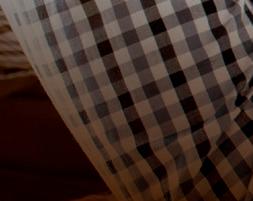
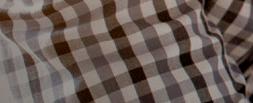

she asked if she belonged to a synagogue. “No,” she responded. “But sometimes I go to Shabbat Stop&Go.”
Burech has an Old English Sheepdog named Pee-Noo-Key — Hebrew for cuddle, soothe and spoil. He is a therapy dog she takes with her when she volunteers twice a week at Child Crisis Arizona, an organization providing emergency shelter, foster care, adoption and counseling to vulnerable children and families. When she takes him in public, people can’t help but be drawn to him. That’s how she met an Israeli woman in a Hallmark store. While petting the dog, Burech told her about Shabbat Stop&Go and the woman came the next month.
“We’re just enhancing people’s Jewish experience,” Burech said. People come when they’re “looking to shake things up and enhance their neshama. Judaism is about moving your soul and growing.” JN
To learn more, visit ShabbatStopandGo.com.
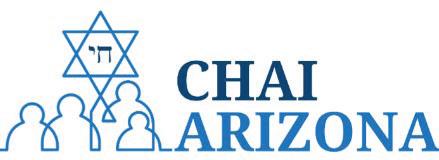
Right before the start of the Jewish High Holidays, three Greater Phoenix organizations unveiled a new name and logo that will serve as an umbrella for all of them.
Chai Arizona incorporates Ezras Cholim of Phoenix, Arizona Kosher Food Pantry and Tomchei Shabbos Program, all charitable organizations serving people in need.
Ezras Cholim’s mission is helping Jewish patients and their family members meet basic needs while getting medical care.
Arizona Kosher Food Pantry is the only certified Kosher food pantry in Arizona, it distributes over 150,000 pounds of food annually and is open five days a week.
Tomchei Shabbos aids the sick and needy with hot meals and groceries for Shabbat.
Yecheskel Friedman, the director of Chai Arizona, is inspired by the Book of Proverbs 25:2, “If your enemy is hungry, give him food to eat; if he is thirsty, give him water to drink.”
Nina Targovnik, a volunteer at Arizona Kosher Food Pantry, encourages people who are fasting for Yom Kippur to consider donating the money they would otherwise spend on food for the day in order to help provide Shabbat meals for those in need.
“We still provide the same quality services but now that everything is under one logo it will be easier to find us,” she said. For more information, visit chaiarizona.org.
In August, Hillel at Arizona State University appointed four new members to the board of directors for a two-year term. Dan Friedman, Blaine Light, Jennifer Schwarz and Cory Shapiro will join the 13 member board led by Ed Ober, president.
“We are excited to have these accomplished individuals join our board of directors,” said Debbie Yunker Kail, Hillel at ASU’s executive director. “Their passion for Hillel at ASU’s mission and their diverse skill sets will greatly enhance our ability to create positive change and make a lasting impact on Jewish students at Arizona State.”
Dan Friedman is the vice president
of North American sales at Entegral, a software subsidiary company of Enterprise Holdings. All three of his children attended ASU and belonged to Hillel at ASU. He and his wife live in St. Louis, Missouri, where he is also the director-at-large for the Jewish Federation of St. Louis and co-chair of the Jewish Federations of North America Cabinet Alumni Task Force. He has previously served as the Jewish Community Relations Council-St. Louis nominating and governance chair.
Blaine Light is currently the COO at Zendoor, a Phoenix-based property management solutions company. He has also worked as the director of expansion for Endpoint, and as a senior operations
OneTable, a national nonprofit that helps young adults find, share and enjoy Shabbat dinners, announced this summer the widespread launch of Powered By OneTable, a white-label peer engagement platform that can be licensed and customized for community-focused organizations to facilitate gatherings and manage RSVPs.
This is an entirely separate arm of OneTable, explained Ely Benhamo, OneTable’s director of major gifts. Benhamo lives in Phoenix, where she works remotely for the national organization.
“We’ve had so much success with our core program of helping to facilitate Shabbat dinners for Jewish young adults that we decided to expand into offering the custom platform we built to other community-building organizations,” she told Jewish News.
Nearly a year ago, OneTable created a Phoenix community hub with its own
city ambassador. Benhamo explained that Powered By OneTable is not a substitute for local ambassadors, who “are not going anywhere!”
Rather, the new system builds on OneTable’s success to assist other organizations with their own networks and facilitate gatherings, including 31 Hillels, several congregations, federations and even some private businesses.
“After more than 750,000 reservations at 100,000 Shabbat dinners we feel confident that both our technology and our peer-engagement approach really work — and that they can be adapted for others,” said Aliza Kline, OneTable president and CEO. “I would love our community to associate ‘Powered By OneTable’ with an approach to engagement that is human-centered, efficient and deeply meaningful.”
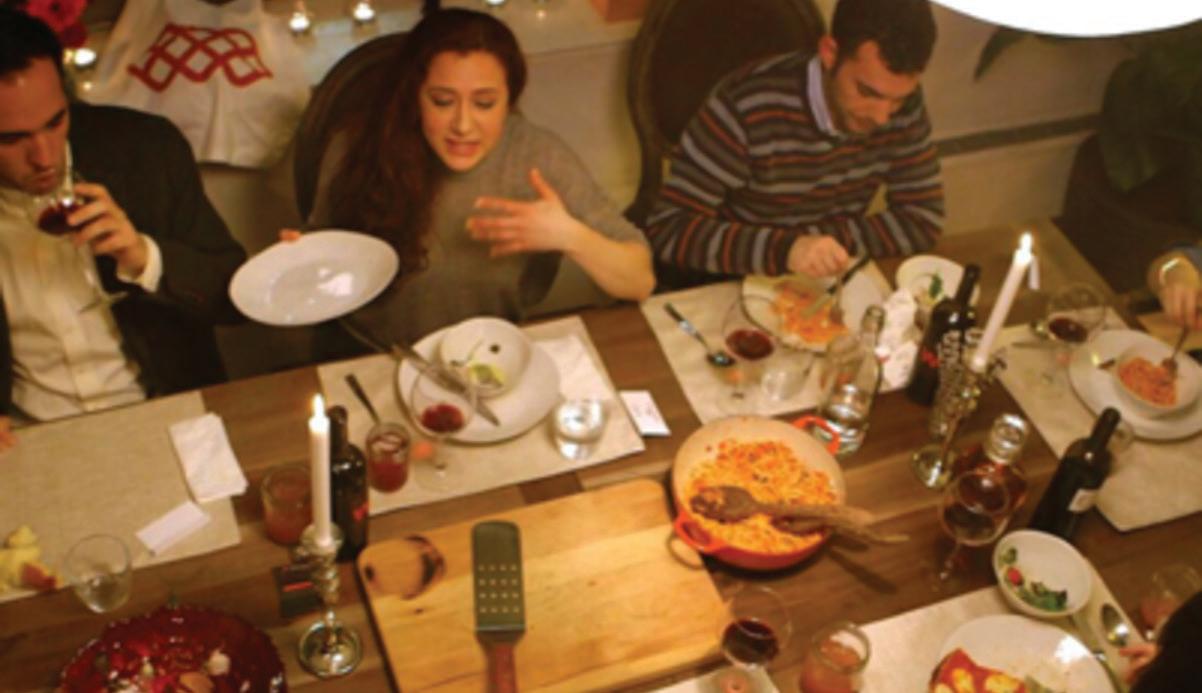
Rachel Zylberfink, Powered By OneTable new director, is excited to
Valley Beit Midrash (VBM) just entered its 11th year in Greater Phoenix and it is growing. To help manage the growth, the organization has hired three new staff members and increased the hours of Karri Bernstein, a program associate.
“This is entirely due to a major increase in the community’s outreach to us to participate in programming. We are
flooded with requests for participation and want to answer that call,” said Rabbi Dr. Shmuly Yanklowitz, VBM’s president and dean.
VBM’s mission is to be “a forwardthinking, pluralistic, not-for-profit organization rooted in Jewish ethics that is committed to improving lives in our communities through Torah
manager for Uber. He is a lifelong resident of Arizona and a graduate from the University of Arizona, where he was the VP of his SAM chapter. He was a founding member of Moishe House Phoenix and currently serves on the board of the JNFuture chapter in Arizona.
Jennifer Schwarz is a holistic health practitioner who moved to Greater Phoenix in 1995. She and her husband felt a void of programming for Jewish young adults and founded the Young Leadership Division of the Jewish Federation of Greater Phoenix. Schwarz also served on the Jewish Federation Governance Task Force, on the AIPAC board, as a founder of The Jewish Genetic Diseases Project
and on the Valley of the Sun Jewish Community Center Playground Building Project.
Dr. Cory Shapiro is ASU’s associate director of residential life. Having grown up in the Greater Phoenix Jewish community, Shapiro has been active in the young adult Jewish community since returning to the area in 2006. He founded ShabbatLuck, the Cool Shul Campaign (now Congregation Connection) and Schmooze. He has previously served on the boards of the Jewish Genetic Diseases Center, Young Jewish Phoenix (NowGen) and AVIV of Arizona.
For more information, visit HillelASU.org.
grow engagement by leveraging a system with proven success “to reach people who have previously shied away from Jewish institutional life.”
learning, social action and leadership development,” according to its website.
Roberta Freed is VBM’s new program manager. Previously, she worked in programming at Beth El Phoenix where she is also a member.
Freed was raised in Phoenix and is excited to be working for VBM due to the social justice nature of the work.
She’s especially excited to run the Elie Wiesel Social Action Fellowship for young adults interested in social action and social change.
“It’s really appealing to focus on social action programming for youth and families because the community is raising kids to be the next generation of Jewish leaders and we need to instill the
Jewish attitude of keeping our world as safe as possible and treating everyone with integrity,” she said.
Brandon Nahsonhoya is the new outreach coordinator. He joined VBM after working for many years in security. As such he is trained in de-escalation techniques and minimizing risk threats. Additionally, he has a history in working with survivors of human trafficking and safe recovery techniques.
He currently leads a men’s and youth
empowerment program, where he engages boys and men in addressing violence against women and all persons. He also coaches football and basketball to junior high and high school students. Yessica Valdez is VBM’s operation assistant. She moved to Arizona in 2006 from Mexico and has two sons. She enjoys learning about Judaism and advocating for social justice.
For more information, visit ValleyBeitMidrash.org.
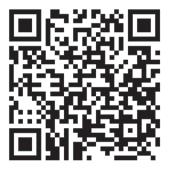
On Friday, Aug. 18, Sojourner Center, an organization that assists survivors of domestic violence and a wholly-owned subsidiary of Jewish Family & Children’s Service, held a ribbon-cutting ceremony for the expansion of its Phoenix campus’ pet companion services, with renovated pet-friendly rooms and a dedicated pet park. The new services are part of a partnership with HomeAid and project lead Taylor Morrison.
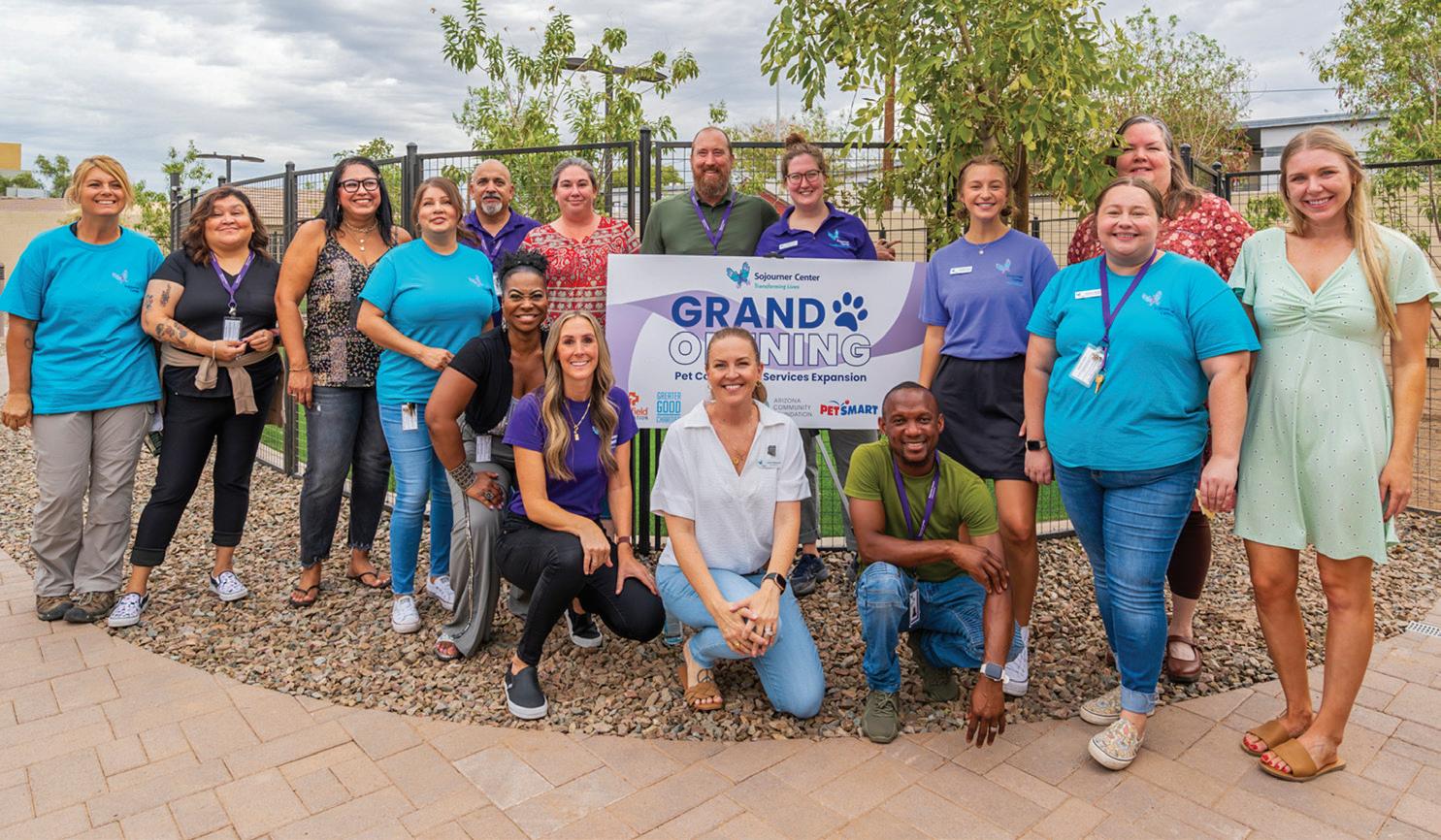
One little-recognized factor keeping people with their abusers is the fear of what will become of one or more beloved pets. Nationally, about 45% of abuse victims report that it’s a real obstacle to leaving.
Julie Peterson, co-director of Sojourner Center knows well how real the issue is and has witnessed the toll it takes on survivors many times during her tenure in working with people fleeing abuse. In


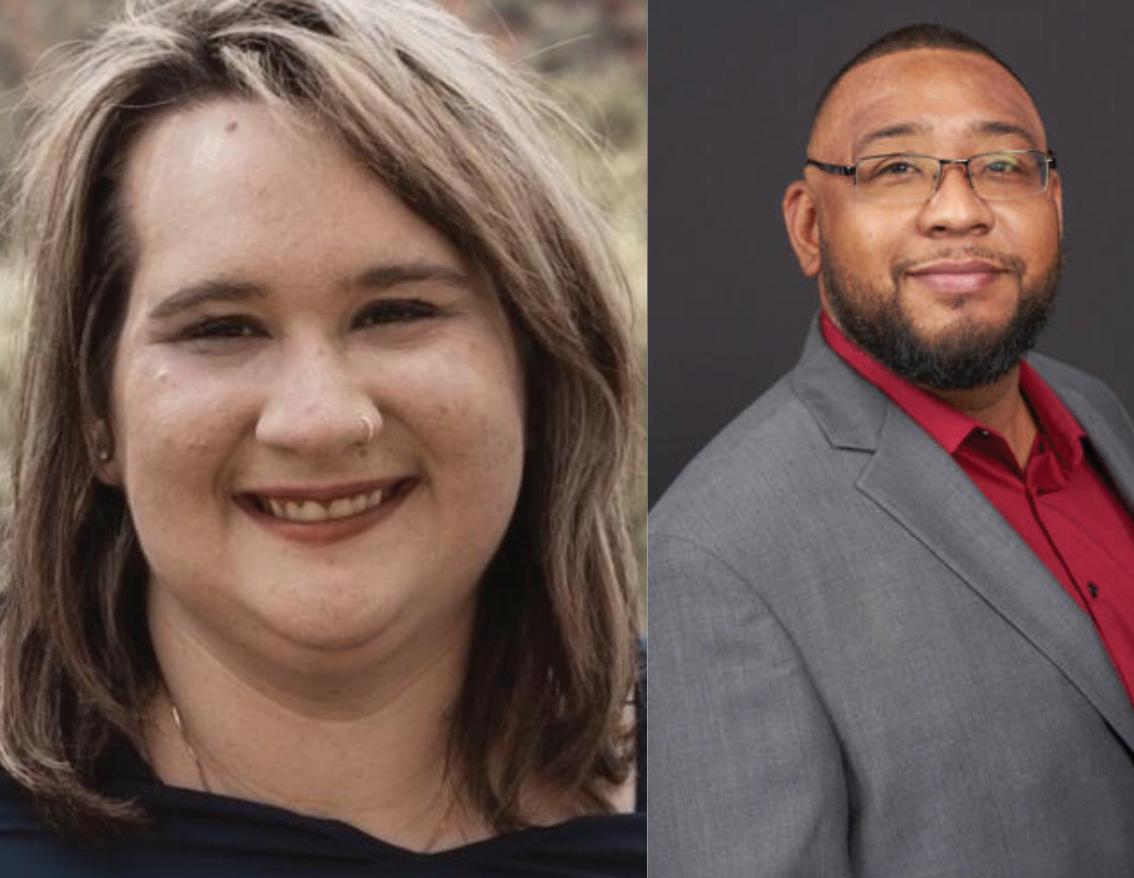
fact, it is so common that asking about a pet has become a default part of the intake process.
“We have always taken the stance of hearing our survivors and during the last years, they have said, ‘I want a larger space for my animal as well as a dedicated space here,’” Peterson said. “We decided we had the footprint on our campus where survivors don’t have to make the hard choice to leave them behind.”
Only a small percentage of shelters across the country provide for pets. Since Sojourner Center began its pet service in 2015, albeit on a smaller scale, “we continue to be reminded of the importance of having family members, including their beloved pets, together as they heal,” Peterson said.
For more information, visit sojournercenter.org or jfcsaz.org. JN
“Golda,” the new biopic starring Helen Mirren as Israel’s first (and so far only) female prime minister, focuses on the few terrible weeks late in her life that would in some ways seal Golda Meir’s legacy. On Yom Kippur 1973, Egypt and Syria led a sneak attack on Israel that, in its stealth and fury, erased the euphoria that followed Israel’s lightning victory six years earlier in the Six-Day War.
The public blamed Meir for Israel’s lack of preparation; she resigned in 1974 and her reputation, particularly in Israel, has never really recovered.
For Meir’s defenders, her legacy has often been obscured by misogyny and condescension. Biographers like Francine Klagsbrun, in 2017’s “Lioness,” and Deborah Lipstadt, whose “Golda Meir: Israel’s Matriarch” was published this month, argue for a fuller, more generous assessment of Meir. They recall a Zionist pioneer, born in present-day Ukraine in 1898 and raised in Milwaukee, who helped shape public opinion about the nascent Jewish state in the United States and ignited American Jewish fundraising for its cause; a Labor Zionist activist who helped establish the Israeli welfare state that sustained the country and its waves of immigrants through the 1980s, and a foreign minister who, over a decade, forged important alliances with the French, the United Nations and, most importantly, the United States.
In “The Only Woman in the Room: Golda Meir and Her Path to Power,” which came out late last year, Pnina Lahav picks up on these themes and develops another: How Meir, adamant in not calling herself a feminist, nevertheless refused to be defined by the traditional roles set out for her and instead forged a path for other women in politics.
Lahav, born in Israel, is an emerita professor of law and a member of the Elie Wiesel Center for Judaic Studies at Boston University. We spoke this week about the ways Meir has been underestimated, how she defied the Jewish grandmother stereotype and how a flawed leader can also be considered a great one.
Our conversation was edited for length and clarity.
Your book asks us to consider the ways Golda Meir succeeded as a woman in a man’s world, but also asks that we judge her by the standards of Israel’s other male leaders, both in her accomplishments and in her flaws. What did you discover in your research that may have changed your perception, or the public’s perception, of her as a leader?

As I learned about her decision-making, the way she conducted foreign affairs, I came to respect her more and more. I did not expect to see a very savvy, very experienced and caring person as I saw at the end.
I wanted to give [the book] as a gift to the Israeli people, particularly to Israeli women, to say to them that we also have great leaders. It’s not only Moshe Dayan and David Ben-Gurion. Golda was a great leader. She understood exactly what was going on. She was capable of making important policy. She had a very good relationship with the American administration, and we should be very proud of her rather than putting her down. Israelis have a tendency to look down and underestimate her as someone who was not really up to the job. I think it’s a big, big mistake.
That was a pitch she used effectively in the 1930s, before she became a central figure in Israeli politics. After moving to Palestine in 1921, she would regularly travel back to the States to fundraise and promote the Labor Zionist cause here, to groups like Pioneer Women and other Jewish groups. To what degree did she create the image of Israel in the minds of American Jews?
She’s the one who laid the foundation for a very strong relationship with the American government and the American people. One of the reasons for this was that she was an American. She knew how to speak to them. It’s not only the language but the body language, the culture. Other leaders who grew up in Germany, or Holland, or even in England did not understand the American instinct in the same way. She always kept her Midwestern accent. And that was very important because it communicated an affinity with the United States.
Golda was 70 when she became prime minister in 1969, and 75 when she resigned in the wake of the near-debacle of the Yom Kippur War, which in some
ways became her legacy. But you, like others, argue for a more complete portrait of what she accomplished as a leader before and after the establishment of the state.
I’m afraid many people today in Israel forget Golda, and many people remember Golda negatively, because of the Yom Kippur War, which they tend to blame her for. It’s not entirely fair. There was a lot of bias against Golda over time, and the reason is basically misogyny: People did not like the idea that they had a female leader, especially in wartime. She also had a lot of enemies in Israeli politics. So people like, for example, Shimon Peres — they did not like her. They were spreading a lot of information about her that was very negative. She had to fight a lot of negative press. I remember myself as a student, that we didn’t really think much of her. It’s only slowly that a younger generation like ours began to value her contributions.
But at the same time, if you look at public opinion polls at the time, you see that the Israeli public was very supportive and very, very positive about her leadership. Golda’s greatest contribution was in foreign affairs. She came to fame in the 1950s as minister of foreign affairs, and she gained a lot of experience, which she then put to good use later as a prime minister. People saw that she had a very good relationship with the American administration, which was the thing that really counted in Israel. She knew the Nixon administration very well. She had a very good relationship with [then Secretary of State] Henry Kissinger. They did not always see eye to eye, but they had good relationships. They could speak to each other. They would try to persuade each other.
As you said, negative perceptions of Meir came from the Yom Kippur War, when Israel appeared unprepared for the attack by Arab armies and lost not only 2,500 soldiers but its own sense of security. What led to the negative impressions of her during and after the war? Did you find anything that showed that she may not have deserved that kind of criticism?
First of all, before the war, Israelis were on top of the world, and she essen-
We are a diverse community. The views expressed in these opinion pieces do not necessarily reflect the views of the officers and boards of the Jewish Community Foundation, Center for Jewish Philanthropy, Jewish Federation of Greater Phoenix, Cleveland Jewish Publication Company or the staff of the Jewish News. Letters must respond to content published by the Jewish News and should be a maximum of 200 words. They may be edited for space and clarity. Unsigned letters will not be published. Letters and op-ed submissions should be sent to editor@jewishaz.comGolda Meir meets with Israeli Defense Minister Moshe Dayan and troops on the Golan Heights during the Yom Kippur War, Oct. 21, 1973. COURTESY OF RON FRENKEL/GPO/GETTY IMAGES
arshah Nitzavim begins with the words, “Atem nitzavim hayom kulchem,” “You stand before God this day — all of you.” The ancient rabbis understood “this day,” to refer to Rosh Hashanah. Some later Hasidic commentators understood these words to refer not only to the specific day upon which we stand before God, but also to the particular way in which we need to prepare to do that.
The Slonimer Rebbe, from a volume called, “Mayanot Netzach,” teaches that, “You stand before God this day — all of you,” means that when we stand before God, the entirety of our lives, the entirety of who we are and what we have
tially made the same miscalculation. She announced many, many times before the war, when elections were being held at the same time, that “we never had it so good.” And suddenly, we found ourselves attacked by Egypt and Syria, and the feeling that we were going to lose that war was very strong, very deep. The change from the sense of security and the confidence to the surprise of the war was great. So she became the scapegoat. People will simply blame the leader when things don’t go well.
What do people get wrong about her, either positively or negatively? I am thinking how she is sometimes portrayed as sort of a quintessential Jewish grandmother, but was in fact was a really tough and well-informed political operative.
It’s a tricky question, because for young people, the Golda that she was after the war was not the same Golda that she was before. So people look negatively at her after the war and blame her for a lot of things that they actually should have blamed themselves for.
Such as?
Most Israelis made it very clear after 1967 that they didn’t want to return any of the territories seized in the Six-Day War [which included the West Bank, the Sinai peninsula and the Golan Heights]. They didn’t want to return any of it, and they were not receptive to compromises. They felt the Arab side should compromise. So they were very surprised when they launched this war against them. And they were also very surprised to see that the
Pdone, stands before God. We might be on our best behavior today, but when it comes to evaluating ourselves, the way we have behaved every day is what we must consider. The entirety of who we are and what we do stands before God in judgement. Because of this, we would be wasting time — ours and God’s — if we came before God with anything less than complete and total honesty. Rosh Hashanah demands profound honesty from us and if we are to have any benefit from this process of teshuva/repentance, it behooves us to come in without the masks we often put on, or the excuses and denials we often invent for ourselves. It takes courage and integrity to be honest. “Hotamo shel hakadosh barukh hu emet,” “God’s seal/signature is honesty,” and in standing before God, we cannot come with anything less.
Another Hasidic commentator, the Sfat Emet, Rabbi Yehuda Leib Alter of Ger, understands those words differently. When Moses says to the children of
United States was not 100% behind Israel and was willing to be more objective. And then they looked for somebody to blame, and blamed her for not supporting a compromise with [Egyptian president Anwar] Sadat [before the war]. But public opinion, by and large, didn’t want it. They were not interested in giving up anything.
She also said that we could overcome anything, and one of the reasons for that is that her military advisors were promising her that everything was going to be okay and that we could always win the war.
Do you have any personal memories of her?
I’m 77. I was a student when she was prime minister, and a child when she was Minister of Foreign Affairs. When I saw her I was at the margins of a crowd, and I was just a lowly 20-year-old.
I do remember watching her once in conversation. I was impressed by the way that she was in control of the conversation. But I don’t want to claim that I knew her or that I have something more valuable to say than that.
There’s a lot of controversy about her views on feminism. Many feminists were and are disappointed that she never could bring herself to endorse the movement despite her own accomplishments.
Whether she liked it or not, she was a feminist. She believed that women should have the power to conduct policy, and to go up the ladder in politics. She wanted to have a life outside of the home. And she said she needed to work and she needed to make a difference.
Israel, “atem nitzavim hayom kulchem,” “you stand before God this day — all of you,” Moses is really saying: Don’t come to Rosh Hashanah in a half-hearted way. When you stand before God, it must be all of you, your whole self must be involved in the process. Bring every ounce of your ability to be present, bring all of it to this day. Stand before the Holy One with your body, your soul, your intellect and your emotions. Bring your whole self to the experience of teshuva. God wants our entire selves, our complete focus, our full attention. Pay attention to the work of Rosh Hashanah, and in so doing, begin the year fully present, and then continue to be fully present the day after, and each and every day after that as well. Don’t be distracted, unfocused, scattered. Stand before God, deeply and utterly present. That is how we write ourselves into the book of life, by being fully alive in our lives. To stand before God and renew our relationship this year we must summon our deepest honesty and our fullest atten-
She was a feminist in action: an ambitious woman who can learn the secrets of the trade and go up the ladder all the way to the prime ministership. But she did not understand the value of feminism. She was afraid of it and the reason I think she was afraid of it is that Israelis were very much against feminism at the time, which is due primarily to militarism. Militarism was very strong in Israel at the time and Israelis admired the strong leaders, you know, the generals in the field.
When you think about Israel now, with a far-right government, with the public upheaval over attempts by the current prime minister to overhaul the judiciary, what lessons from Golda’s life might apply at the present moment?
I believe the word “hubris” should come into the picture. At the time of the Yom Kippur War, we were full of hubris. We were sure that nothing could vanquish us or bring us to do something that we didn’t want to do. And I think we may be in the same situation today. And that is always the problem. We’re fairly strong, with a strong army, the United States is on our side, and we say to ourselves, “we can do anything,” but there is no situation in which you can do anything. And the truth of the matter is you need to listen to the other side, understand where the compromise is, and give something back. JN The views and opinions expressed in this article are those of
tion. But that requires careful preparation: practice in cultivating our attention and practice in reaching deeply within, for that honesty. God is waiting and hoping for us to do just that. God will meet us more than halfway, as Rabbi Yose taught, God promises us, “open to me in teshuva an opening as small as the eye of a needle, and I shall make an opening in Me for you so wide that wagons and coaches could enter.” May we merit being able to create that opening and may we be privileged to feel the wide embrace that God promises us for our efforts. JN
Rabbi Elana Kanter serves as executive director of the Women’s Leadership Institute and corabbi of The New Shul.
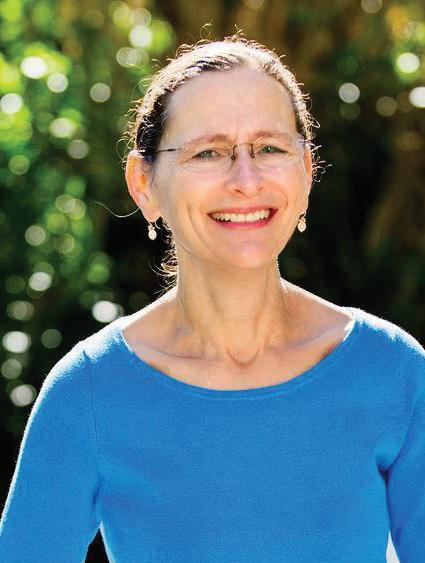
I just wanted to thank you for publishing the heart-warming article about 14-year-old Avery Chadwick’s Holocaust project (“Queen Creek Holocaust project proves cathartic to son of survivor,” July 14, 2023). What a gift on so many levels that Avery’s grandparents connected her to Marc Yablonka, the son of Holocaust survivors.
No doubt, each of their lives has been affected due to their new-found friendship; Avery’s classmates and teachers’ lives have been impacted by her project; and the ripple effect continues onward.
Upon finishing the article, my thoughts turned to Rep. Alma Hernandez, whose unwavering commitment to pass the bill that requires Holocaust education twice between 7th and 12th grades was finally implemented in 2022. Further proof that one person can truly make a difference!
Randi Jablin, Scottsdale
It’s that time of year again: Rosh Hashanah is just around the corner and Jewish News wants to provide a few of the options for High Holiday services. While this is not a complete list, here’s a roundup of this year’s services, study sessions and more. Before you go, visit the synagogue’s website for more complete information. Also, visit JewishPhoenix.com for additional High Holiday resources.
Chabad of the East Valley High Holiday services are open to all, but reservations are required. For more information and to RSVP, visit chabadcenter.com.
Erev Rosh Hashanah Service: Friday, Sept. 15 at 6:30 p.m.
Rosh Hashanah Day I Morning Service: Saturday, Sept. 16 at 9:30 a.m.
Rosh Hashanah Day I Evening Service: Saturday, Sept. 16 at 7:30 p.m.
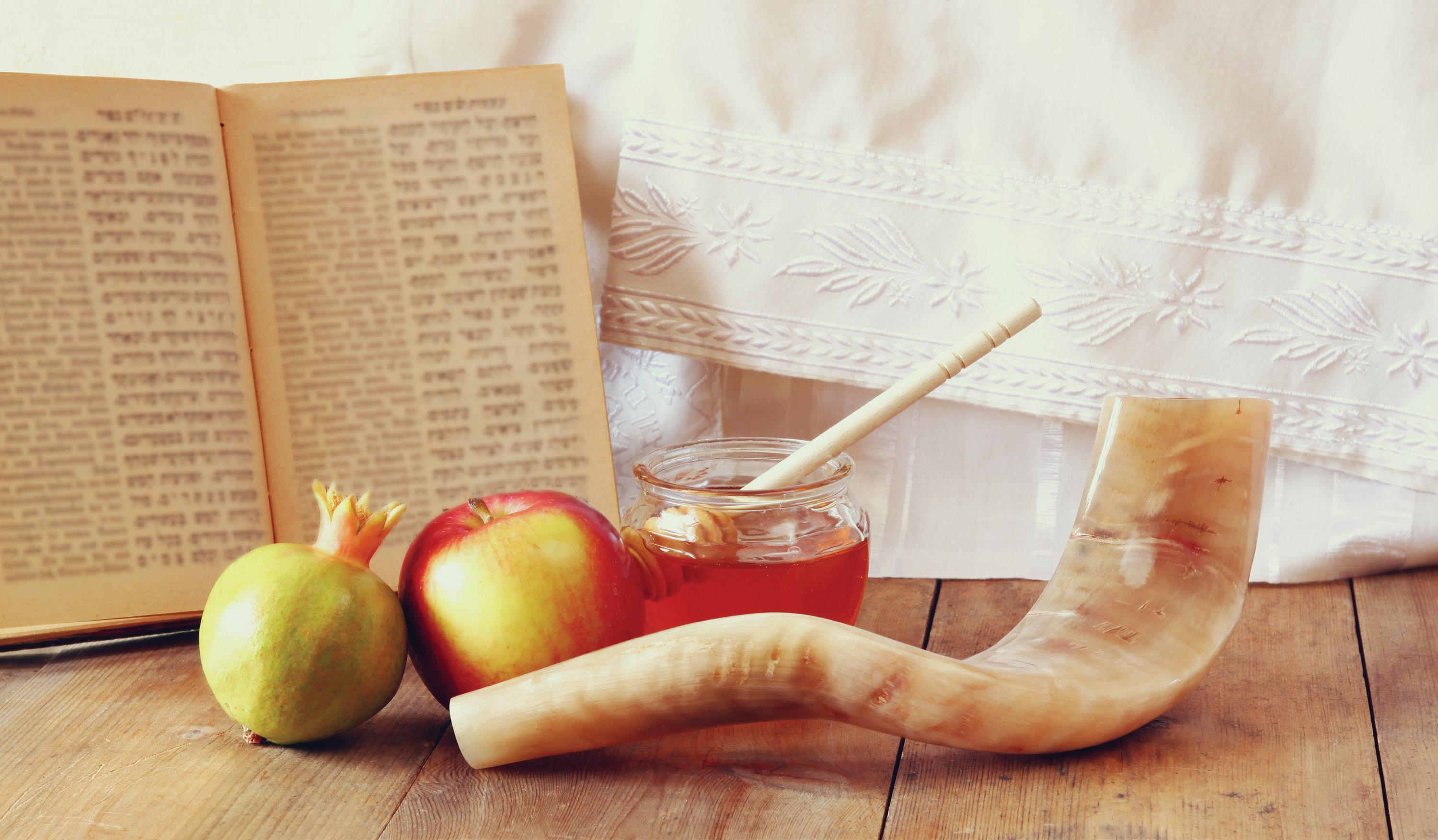
Rosh Hashanah Day II Morning Service: Sunday, Sept. 17 at 9:30 a.m.
Shofar Blowing: Sunday, Sept. 17 at 11:30 a.m.
Tashlich and Shofar Blowing in the Park: Sunday, Sept. 17 at 5:30 p.m.
Day 2 Evening Service: Sunday, Sept. 17 at 7:30 p.m.
Kol Nidre: Sunday, Sept. 24 at 6:15 p.m.
Yom Kippur Morning Service: Monday, Sept. 25 at 9:30 a.m.
Yizkor: Monday, Sept. 25 at 12 p.m.
Mincha and Neilah: Monday, Sept. 25 at 4:30 p.m.

Break the Fast: Monday, Sept. 25 at 7:10 p.m., services followed by a buffet
Chabad Jewish Center of Gilbert
High Holiday services are open to all, but reservations are required. For more information and to RSVP, visit jewishgilbert.com.
Rosh Hashanah Day I Morning Service:
Saturday, Sept. 16 at 9:30 a.m.
Rosh Hashanah Day II Morning Service: Sunday, Sept. 17 at 9:30 a.m.
Tashlich: Sunday, Sept. 17 at 5:30 p.m. in the Power Ranch Community
Kol Nidre: Sunday, Sept. 24 at 6:15 p.m.
Yom Kippur Morning Service: Monday, Sept. 25 at 9:30 a.m.
Yizkor: Monday, Sept. 25 at 11:15 p.m.
Mincha and Neilah: Monday, Sept. 25 at 5 p.m.
Break the Fast: Monday, Sept. 25 at 6:56p.m., services followed by a buffet
Chabad Jewish Center of Mesa
Rosh Hashanah services will be held at Chabad of Mesa. Yom Kippur services will be held at the Holiday Inn at 1600 S.
Country Club Drive, Mesa. High Holiday services are open to all, but reservations are required. For more information and to RSVP, visit chabadmesa.com.
Erev Rosh Hashanah Service: Friday, Sept. 15 at 6 p.m.
Rosh Hashanah Day I Morning Service: Saturday, Sept. 16 at 9:30 a.m.
Rosh Hashanah Day II Morning Service: Sunday, Sept. 17 at 9:30 a.m.
Shofar Blowing: Sunday, Sept. 17 at 10:45 a.m.
Tashlich: Sunday, Sept. 17 at 5 p.m.
Kol Nidre Service: Sunday, Sept. 24 at 6 p.m.
Yom Kippur Morning Service: Monday, Sept. 25 at 9:30 a.m.
Yizkor: Monday, Sept. 25 at 11:30 a.m.
Mincha and Neilah: Monday, Sept. 25 at 5 p.m.
Break the Fast: Monday, Sept. 25 at 6:56p.m., services followed by a buffet
Sun Lakes Jewish Congregation For more information, visit sunlakesjewishcongregation.org.
Erev Rosh Hashanah Service: Friday, Sept. 15 at 7 p.m.
Rosh Hashanah Day I Morning Service: Saturday, Sept. 16 at 10 a.m.
Kol Nidre: Sunday, Sept. 24 at 7 p.m.
Yom Kippur Morning Service: Monday,
Sept. 25 at 10 a.m.
Break the Fast: Monday, Sept. 25 at Cottonwood Country Club. Reservations required
Temple Beth Sholom of the East Valley
For more information, visit tbsev.org.
Erev Rosh Hashanah Service: Friday, Sept. 15 at 6 p.m.

Rosh Hashanah Day I Morning Service: Saturday, Sept. 16 at 9 a.m.
Rosh Hashanah Day II Morning Service: Sunday, Sept. 17 at 9 a.m.
Tashlich: Sunday, Sept. 17 at 5 p.m.
Kol Nidre: Sunday, Sept. 24 at 6 p.m.
Yom Kippur Morning Service: Monday, Sept. 25 at 9 a.m.
Yizkor: Monday, Sept. 25 at 11 a.m.
Neilah: Monday Sept. 25 at 6 p.m.
Temple Emanuel of Tempe
High Holiday services (in person and virtual) will take place at Dayspring United Methodist Church, 1365 E. Elliot Road, Tempe unless otherwise noted. For more information, visit emanueloftempe.org.
Erev Rosh Hashanah Service: Friday, Sept. 15 at 7:30 p.m.
Rosh Hashanah Day I Morning Service: Saturday, Sept. 16 at 10:15 a.m.
Tashlich: Sunday, Sept. 17 at 9 a.m. at ASU
Research Park
Rosh Hashanah Day II Morning Service: Sunday, Sept. 17 at 10:30 a.m. at Temple
Emanuel
Kol Nidre: Sunday, Sept. 24 at 7:30 p.m.
Yom Kippur Morning Service: Sunday, Sept. 24 at 10:15 a.m.
Yizkor: Monday, Sept. 25 at 4:45 p.m.
Neilah: Monday, Sept. 25 at 5:45 p.m.
Beth Ami Temple
All High Holiday services will be held at Gloria Christi Federated Church. For more information, visit bethamitemple.org.
Erev Rosh Hashanah Service: Friday, Sept. 15 at 7 p.m.
Rosh Hashanah Day I Morning Service: Saturday, Sept. 16 at 10 a.m.
Kol Nidre: Sunday, Sept. 24 at 7 p.m. Break the Fast: Monday, Sept. 25, 3 p.m.
Beth El Congregation
High Holiday in-person and virtual services. For more information, visit bethelphoenix.com.
Erev Rosh Hashanah Service: Friday, Sept. 15 at 5:45 p.m.
Rosh Hashanah Day I Morning Service: Saturday, Sept. 16 at 9 a.m.
Rosh Hashanah Day II Morning Service:
Sunday, Sept. 17 at 9 a.m.
Shofar Service: Sunday, Sept. 17 at 10:30 a.m.
Tashlich and Shofar Blowing: Sunday, Sept. 17 at 5:30 p.m. (in person at 35 W. Dunlap Ave.)
Kol Nidre: Sunday, Sept. 24 at 5:30 p.m.
Yom Kippur Morning Service and Yizkor:
Monday, Sept. 25 at 9 a.m.
Mincha and Neilah: Monday, Sept. 25 at 4:15 p.m.
Chabad of North Phoenix
Rosh Hashanah services will be held at Chabad Lubavitch of North Phoenix, Yom Kippur services will be held at Cambria Hotel, 4425 E. Irma Lane, Phoenix. All are welcome, no reservations required. For more information, visit ourjewishcenter. com.
Erev Rosh Hashanah Service: Friday, Sept. 15 at 6:15 p.m.
Rosh Hashanah Day I Morning Service:
Saturday, Sept. 16 at 9:30 a.m.
Rosh Hashanah Day II Morning Service:
Sunday, Sept. 17 at 9:30 a.m..
Shofar Blowing and Family Prayers:
Sunday, Sept. 17 at 2 p.m.
Kol Nidre: Sunday, Sept. 24 at 6 p.m.
Yom Kippur Morning Service: Monday, Sept. 25 at 9:30 a.m.
Yizkor: Monday, Sept. 25 at 12 p.m. and 4 p.m.
Neilah: Monday, Sept. 25 at 5 p.m.
Break the Fast: Monday, Sept. 25 at 6:58 p.m.
Chabad of Paradise Valley & Arcadia
Rosh Hashanah services will be held at the Kiva of Paradise Valley, 6911 E. McDonald Drive. Yom Kippur services will be held at the Embassy Suites, 4415 E. Paradise Village Parkway S., Phoenix. High Holiday services are open to all, but reservations are required. For more information and to RSVP, visit jewishparadisevalley.com.
Erev Rosh Hashanah Service: Friday, Sept. 15 at 6:15 p.m.
Rosh Hashanah Day I Morning Service: Saturday, Sept. 16 at 9:30 a.m.
Rosh Hashanah Day II Morning Service:
Sunday, Sept. 17 at 9:30 a.m.
Shofar Blowing: Sunday, Sept. 17 at 11:30 a.m.
Kol Nidre: Sunday, Sept. 24 at 6:15 p.m.
Yom Kippur Morning Service: Monday, Sept. 25 at 9:30 a.m.
Yizkor: Monday, Sept. 25 at 11:30 a.m.
Mincha and Neilah: Monday, Sept. 25 at 5:15 p.m.
Break the Fast: Monday, Sept. 25 at 6:57 p.m.
Chabad of Phoenix
All are welcome, no reservations required. For more information, visit chabadaz. com.
Erev Rosh Hashanah Service: Friday, Sept. 15 at 6:15 p.m.
Rosh Hashanah Day I Morning Service:
Saturday, Sept. 16 at 9:30 a.m.
Mincha: Saturday, Sept. 16 at 6:15 p.m.
Rosh Hashanah Day II Morning Service:
Sunday, Sept. 17 at 9:30 a.m.
Shofar in the Park and Tashlich: Sunday, Sept. 17 at 6 p.m. at Granada Park Lower

Lake
Mincha: Sunday, Sept. 24 at 3 p.m.
Kol Nidre: Sunday, Sept. 24 at at 6:15 p.m.
Yizkor: Monday, Sept. 25 at 11:45 a.m.
Mincha and Neilah: Monday, Sept. 25 at 4:45 p.m.
Break the Fast: Monday, Sept. 25 at 6:58 p.m.
Temple Chai
Registration and tickets are required for all services. For more information, visit templechai.com.
Erev Rosh Hashanah Service: Friday, Sept. 15 at 7 p.m.
Rosh Hashanah Day I Morning Service: Saturday, Sept. 16 at 11 a.m.
Rosh Hashanah Day II Morning Service: Sunday, Sept. 17 at 10 a.m.
Kol Nidre: Sunday, Sept. 24 at 8 p.m.
Yom Kippur Morning Service: Monday, Sept. 25 at 11 a.m.
Yizkor: Monday, Sept. 25 at 3:30 p.m.
High Holiday services are open to all, but reservations are appreciated. For more information and to RSVP, visit chabadofscottsdale.org.
Erev Rosh Hashanah Service: Friday, Sept. 15 at 6:15 p.m.
Rosh Hashanah Day I Morning Service: Saturday, Sept. 16 at 9:30 a.m.
Rosh Hashanah Day II Morning Service: Sunday, Sept. 17 at 9:30 a.m.
Shofar Blowing: Sunday, Sept. 17 at 2 p.m.; 4:30 p.m. in the park (contact office for location)
Kol Nidre: Sunday, Sept. 24 at 6 p.m.
Yom Kippur Morning Service: Monday, Sept. 25 at 9:30 a.m.
Yizkor: Monday, Sept. 25 at 11230 a.m.
Mincha and Neilah: Monday, Sept. 25 at 4:45 p.m.
Break the Fast: Monday, Sept. 25 at 6:57 p.m.
Congregation Beth Israel
Services held at Congregation Beth Israel (noted as CBI) or Pilgrim Rest Baptist Church, 1401 E. Jefferson St., Phoenix. For tickets, reservations and more information, visit cbiaz.org/scheduleand-registration/.
Erev Rosh Hashanah Service: Friday, Sept. 15 at 7 p.m.
Rosh Hashanah Day I Morning Service: Saturday, Sept. 16 at 10:15 a.m.
Tashlich: Saturday, Sept. 16 at 4:45 p.m. at Chapparal Park
Rosh Hashanah Day II Morning Service: Sunday, Sept. 17 at 10 a.m. at CBI
Kol Nidre: Sunday, Sept. 24 at at 7 p.m
Yom Kippur Morning Service: Monday, Sept. 25 at at 10 a.m.
Yizkor: Monday, Sept. 25 at at 4:45 p.m. at CBI
Neilah and Havdalah: Monday, Sept. 25 at at 5:30 p.m. at CBI
Break the Fast: Monday, Sept. 25 at 6:30p.m. at CBI
Congregation Or Tzion
High Holiday in-person and virtual services. Participants must complete a registration form online and make a Gift of the Heart commitment. For more detailed information, visit congregationortzion. org and view the digital guidebook.

Erev Rosh Hashanah Service: Friday, Sept. 15 at 6 p.m.
Rosh Hashanah Day I Early Morning Service: Saturday, Sept. 16 at 8:30 a.m.

Rosh Hashanah Late Morning Service: Saturday, Sept. 16 at 11 a.m.
Rosh Hashanah Day II Morning Service: Sunday, Sept. 17 at 8:30 a.m.
Kol Nidre: Sunday, Sept. 24 at 6 p.m.
Yom Kippur Morning Service: Monday, Sept. 25 at 12 p.m.
Yom Kippur Afternoon Service: Monday, Sept. 25 at 12 p.m.
Neilah, Havdalah and Shofar blowing: Monday, Sept. 25 at 5:45 p.m.
Congregation Shomrei Torah
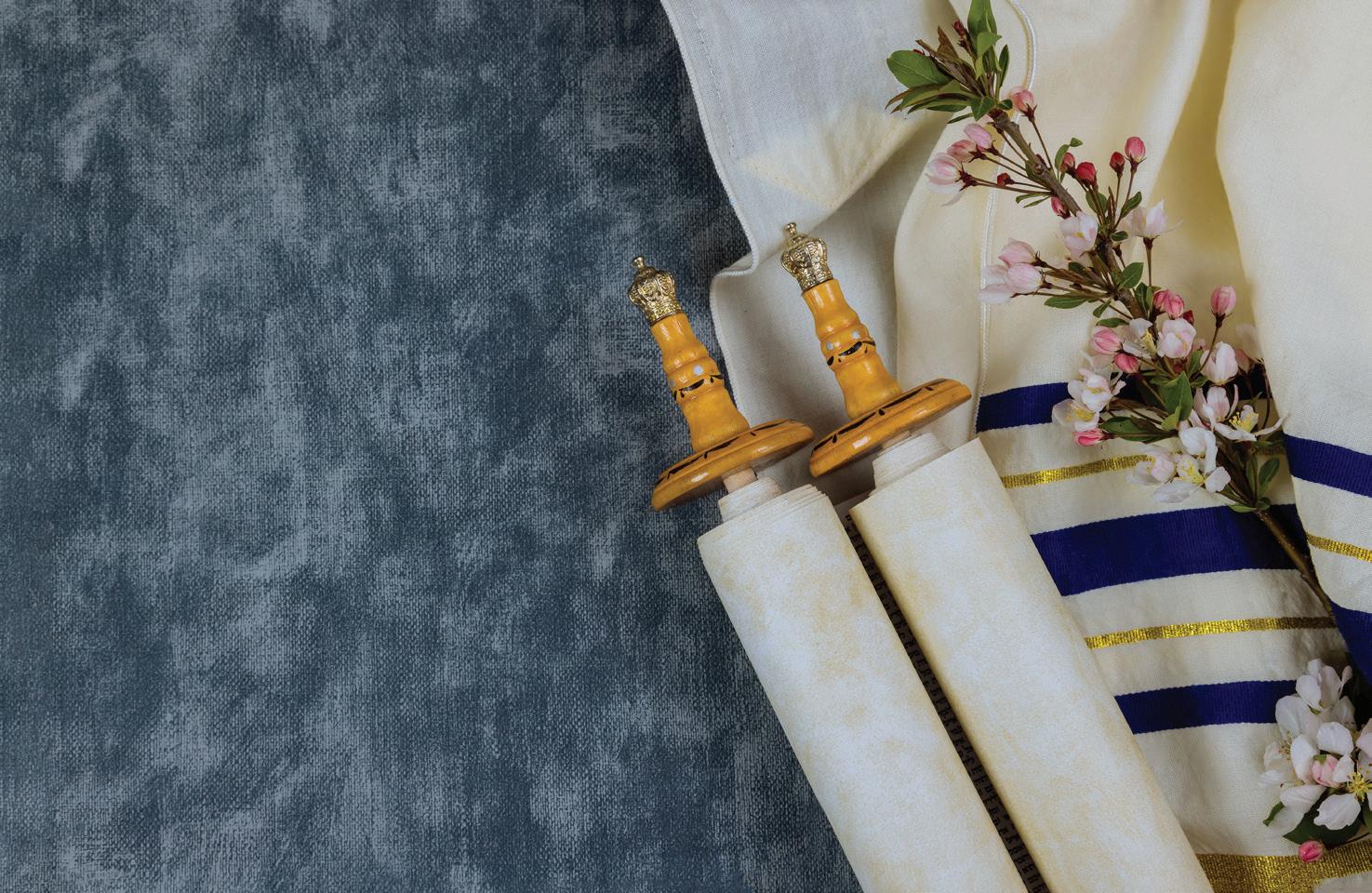
High Holiday services held at Holiday Inn Express, 7350 E. Gold Dust Ave., Scottsdale. For more information, visit cstaz.org.
Rosh Hashanah Day I Morning Service: Saturday, Sept. 16 at 9 a.m.
Rosh Hashanah Day II Morning Service: Sunday, Sept. 17 at 9 a.m.
Kol Nidre: Sunday, Sept. 24 at 6:30 p.m.
Yom Kippur Morning Service: Monday, Sept. 25 at 9 a.m..


Yizkor: Monday, Sept. 25 at 1:30 p.m.
Neilah: Monday, Sept. 25 at 6:15 p.m.
Break the Fast: Monday, Sept. 25 at 7:15 p.m.


Shabbat Stop&Go
High Holiday services held at 6815 E. Berneil Dr., Paradise Valley. For more information, visit shabatstopandgo.com.
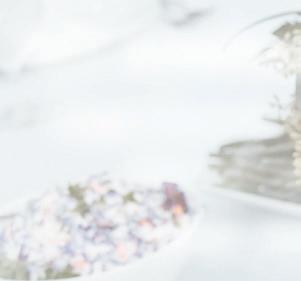
Erev Rosh Hashanah Service: Friday, Sept. 15 at 7 p.m.
Rosh Hashanah Day I Morning Service: Saturday, Sept. 16 at 10 a.m.
Kol Nidre: Sunday, Sept. 24 at 7 p.m.
Yom Kippur Morning Service: Monday, Sept. 25 at 10 a.m.
Temple Beth Emeth of Scottsdale
For more information, visit tbescottsdale.org or call 480-941-4112.

Rosh Hashanah Day I Morning Service:
Saturday, Sept. 16 at 9:30 a.m.
Kol Nidre: Sunday, Sept. 24 at 6 p.m.
Yom Kippur Morning Service: Monday, Sept. 25 at 9:30 a.m.
Yizkor: Monday, Sept. 25 at 11 a.m.
Neilah: Monday, Sept. 25 at 5:30 p.m.
Havdalah and Break the Fast: Monday, Sept. 25 following services
Temple Kol Ami
High Holiday services held at Chaparral Church, 6451 E. Shea Blvd., Scottsdale. For more information, visit templekolami.org.
Erev Rosh Hashanah Service: Friday, Sept. 15 at 7:30 p.m.
Rosh Hashanah Day I Morning Service:
Saturday, Sept. 16 at 10 a.m.
Community Tashlich Saturday, Sept. 16 at 4:30 p.m. at Roadrunner Park
Kol Nidre: Sunday, Sept. 24 at 7:30 p.m.
Yom Kippur Morning Service: Monday, Sept. 25 at 10 a.m.
Yizkor and Neilah: Monday, Sept. 25 at 3:30 p.m.
Temple Solel
Registration is required. For more information, visit templesolel.org.
Erev Rosh Hashanah Service: Friday, Sept. 15 at 6:30 p.m.
Rosh Hashanah Day I Service: Saturday, Sept. 16 at 12 p.m.

Tashlich: Saturday, Sept. 16 at 4 p.m. at Chart House, 7255 E. McCormick Parkway, Scottsdale.
Kol Nidre: Sunday, Sept. 24 at 6 & 8:30 p.m
Yom Kippur Day Service: Monday, Sept. 25 at 12 p.m.
Yizkor, Neilah, Havdalah and Break the Fast: Monday, Sept. 25 at 4:30 p.m.
The New Shul
All are welcome and no reservations necessary. In lieu of tickets, the synagogue asks for a donation. For more detailed information, visit thenewshul.org/daysof-awe-2023/.
Erev Rosh Hashanah Service: Friday, Sept. 15 at 6 p.m.
Rosh Hashanah Day I Morning Service: Saturday, Sept. 16 at 8:15 a.m.
Tashlich: Saturday, Sept. 16 at 1 p.m.
Rosh Hashanah Day II Morning Service: Sunday, Sept. 17 at 8:15 a.m.
Kol Nidre: Sunday, Sept. 24 at 5:45 p.m.
Yom Kippur Morning Service: Monday, Sept. 25 at 8:15 a.m.
Yom Kippur Afternoon Service: Monday, Sept. 25 at 4 p.m.
Beth Emeth Congregation of the West Valley High Holiday services are free of charge. Tickets are required and available for pick up weekdays from 9 a.m. to 12 p.m. For more information, visit bethemethaz.org.
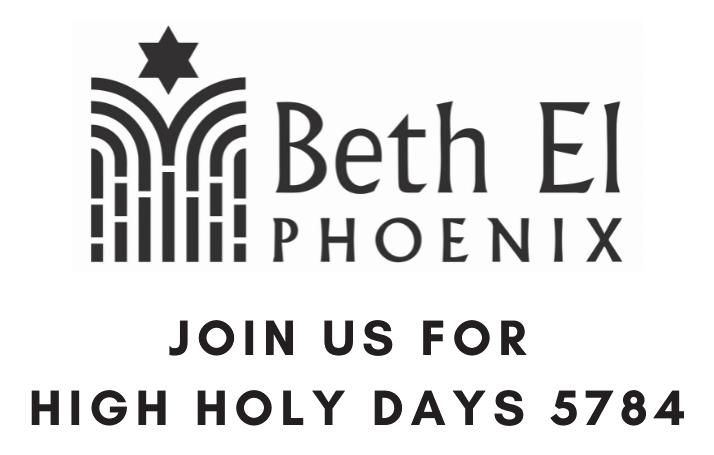

Erev Rosh Hashanah Service: Friday, Sept. 15 at 6:30 p.m.
Rosh Hashanah Day I Morning Service: Saturday, Sept. 16 at 9 a.m.
Rosh Hashanah Day II Morning Service: Sunday, Sept. 17 at 9 a.m.
Kol Nidre: Sunday, Sept. 24 at 5:30 p.m.
Yom Kippur Morning Service: Monday, Sept. 25 at 9 a.m.
Yizkor: Monday, Sept. 25 at 11 a.m.
Neilah: Monday, Sept. 25 at 6 p.m.
Chabad of the West Valley High Holiday services are open to all, but reservations are required. Services held at various locations. For more information and to RSVP, visit ichabad.org.
Erev Rosh Hashanah Service: Friday, Sept. 15 at 6:30 p.m.
Rosh Hashanah Day I Morning Service: Saturday, Sept. 16 at 9:30 a.m.
Rosh Hashanah Day II Morning Service & Shofar Blowing: Sunday, Sept. 17 at 9:30 a.m..
Kol Nidrei: Sunday, Sept. 24 at 6:05 p.m.
Yom Kippur Morning Service and Yizkor: Monday, Sept. 25 at 9:30 a.m.
Yom Kippur Afternoon and Closing Service: Monday, Sept. 25 at 4:45 p.m.
Temple Beth Shalom of the West Valley High Holiday services are open to all, but tickets are required. For more information, visit tbsaz.org.
Erev Rosh Hashanah Service: Friday, Sept. 15 at 7 p.m.
Rosh Hashanah Day I Morning Service: Saturday, Sept. 16 at 10 a.m.
Rosh Hashanah Day II Service and Tashlich Potluck Picnic: Sunday, Sept. 17 at 12 p.m.

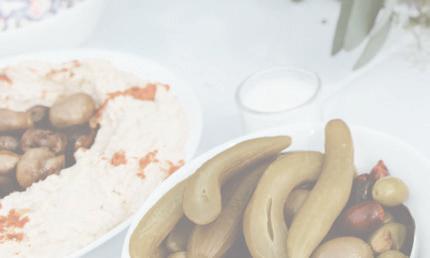
Kol Nidre: Sunday, Sept. 24 at 7 p.m.
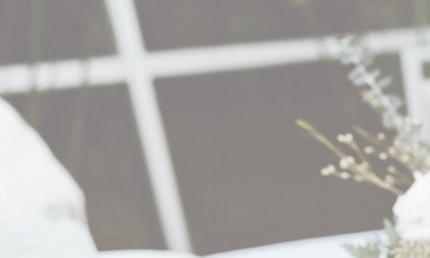
Yom Kippur Morning Service: Monday, Sept. 25 at 10 a.m.
Yizkor: Monday, Sept. 25 at 3:30 p.m.
Yom Kippur Afternoon Service: Monday, Sept. 25 at 4:15 p.m.
Neilah: Monday, Sept. 25 at 5:15 p.m.
Chabad of Flagstaff
High Holiday services held at the Molly Blank Jewish Community Center, 930 W. University Ave., Flagstaff. For more information, visit jewishflagstaff.com.
Erev Rosh Hashanah Service: Friday, Sept. 15 at 6 p.m.
Rosh Hashanah Day I Morning Service: Saturday, Sept. 16 at 10 a.m.
Rosh Hashanah Day II Morning Service: Sunday, Sept. 17 at 10 a.m.
Tashlich: Sunday, Sept. 17 at 5 p.m. at Francis Short Pond
Kol Nidre: Sunday, Sept. 24 at 6 p.m.
Yom Kippur Morning Service: Monday, Sept. 25 at 10 a.m.
Yizkor: Monday, Sept. 25 at 12:30 p.m.
Mincha and Neilah: Monday, Sept. 25 at 5 p.m.


Break the Fast: Monday, Sept. 25 at 6:57 p.m.

Congregation Lev Shalom

Reservations are required. For more detailed information, visit levshalomaz.org.
Erev Rosh Hashanah Service: Friday, Sept. 15 at 6 p.m.
Rosh Hashanah Day I Morning Service: Saturday, Sept. 16 at 10 a.m.
Tashlich: Saturday, Sept. 16 at 4 p.m. at Upper Lake Mary boat ramp
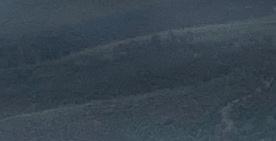
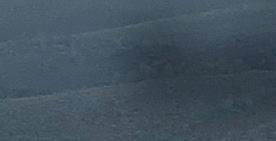


Kol Nidre: Sunday, Sept. 24 at 6 p.m.
Yom Kippur Morning Service and Yizkor: Monday, Sept. 25 at 10 a.m.




Neilah, Break the Fast: Monday, Sept. 25 at 5:30 p.m.
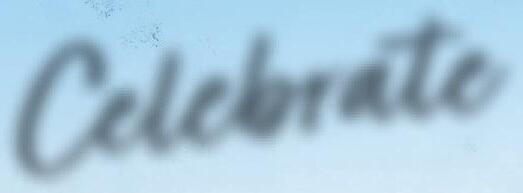

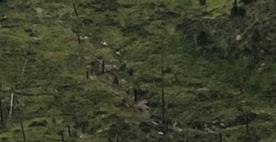
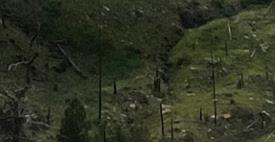

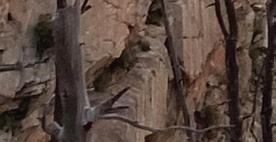




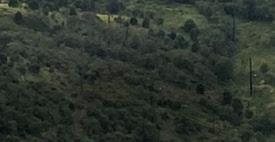
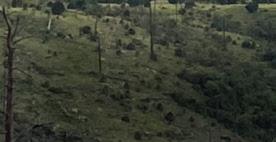
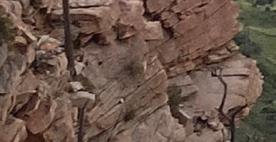



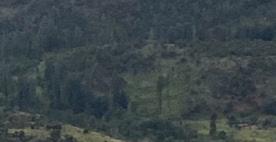

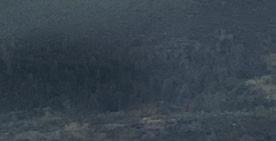
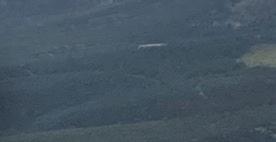




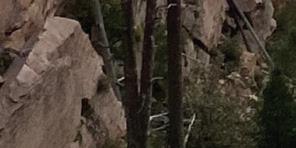

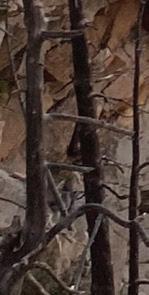

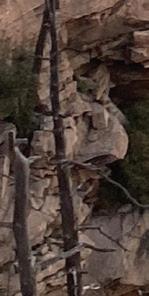

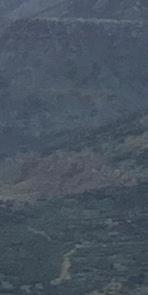
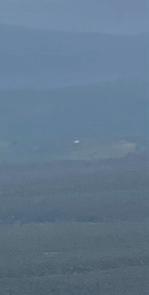
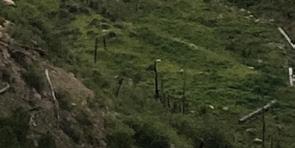
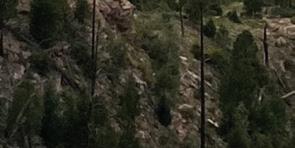

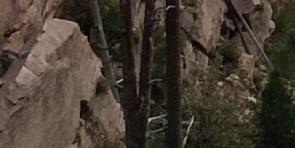
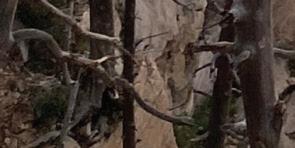

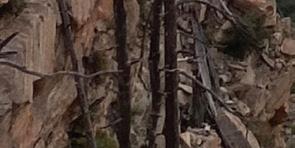

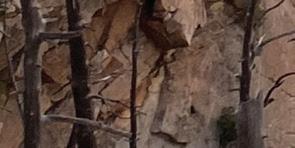
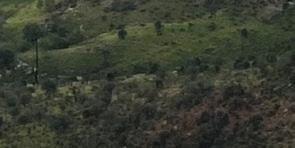

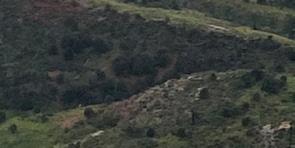
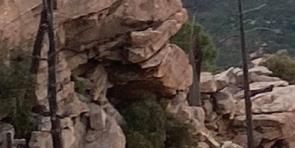
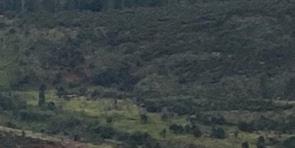
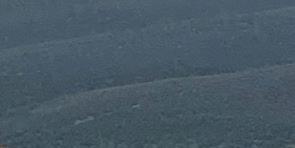

Temple B’rith Shalom
High Holiday service held at The Event Spot., 6520 E. 1st St., Prescott Valley For more information, visit brithshalom-az.org.
Erev Rosh Hashanah Service: Friday, Sept. 15 at 6 p.m.

Rosh Hashanah Day I Morning Service: Saturday, Sept. 16 at 10 a.m.
Tashlich: Saturday, Sept. 16, immediately following services at Fain Park Lake

Kol Nidre: Sunday, Sept. 24 at 6 p.m.


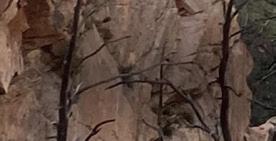
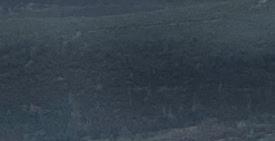


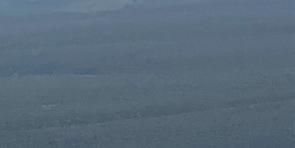
Yom Kippur Morning Service: Monday, Sept. 25 at 10 a.m.
Mincha, Yizkor and Neilah: Monday, Sept. 25 at 4 p.m..













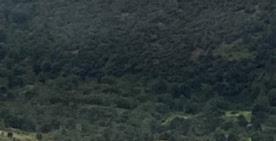
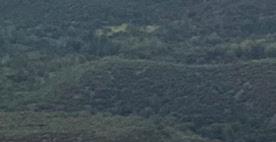
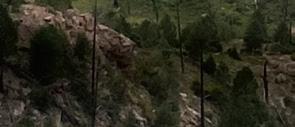



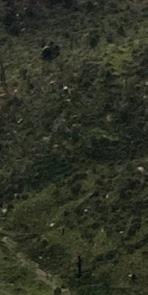
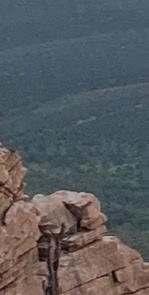
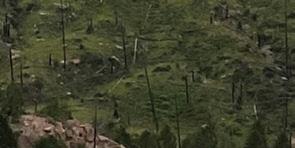
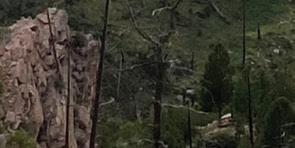
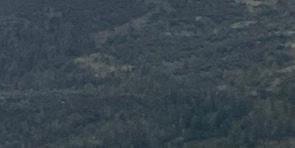
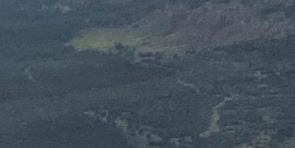


Jewish Community of Sedona and the Verde Valley High Holiday services available in person and virtual. For non-members, email office@jcsvv.org for tickets. For more information, visit jcsvv.org.

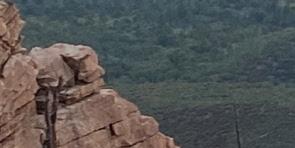


Erev Rosh Hashanah Evening Service: Friday, Sept. 15 at 6:30 p.m.






Rosh Hashanah Day I Morning Service:
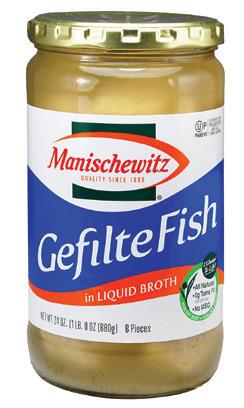

Saturday, Sept. 16 at 10 a.m.

Rosh Hashanah Day II Morning Service: Sunday, Sept. 17 at 11 a.m. (Zoom only)




















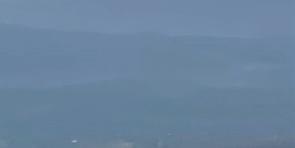

Tashlich: Sunday, Sept. 17 at 4 p.m. at 4 p.m. at Los Abrigados at the Creek

Kol Nidre: Sunday, Sept. 24 at 6:30 p.m



Yom Kippur Morning Service: Monday, Sept 25 at 10 a.m.








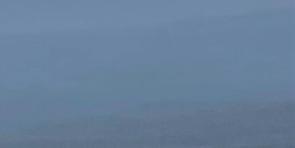
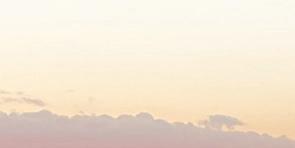

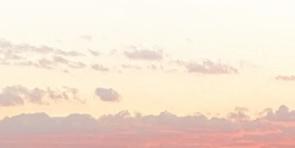

Yizkor and Neilah: Monday, Sept. 25 at 5 p.m. Break the Fast: Monday, Sept. 25 at 6:40 p.m. JN




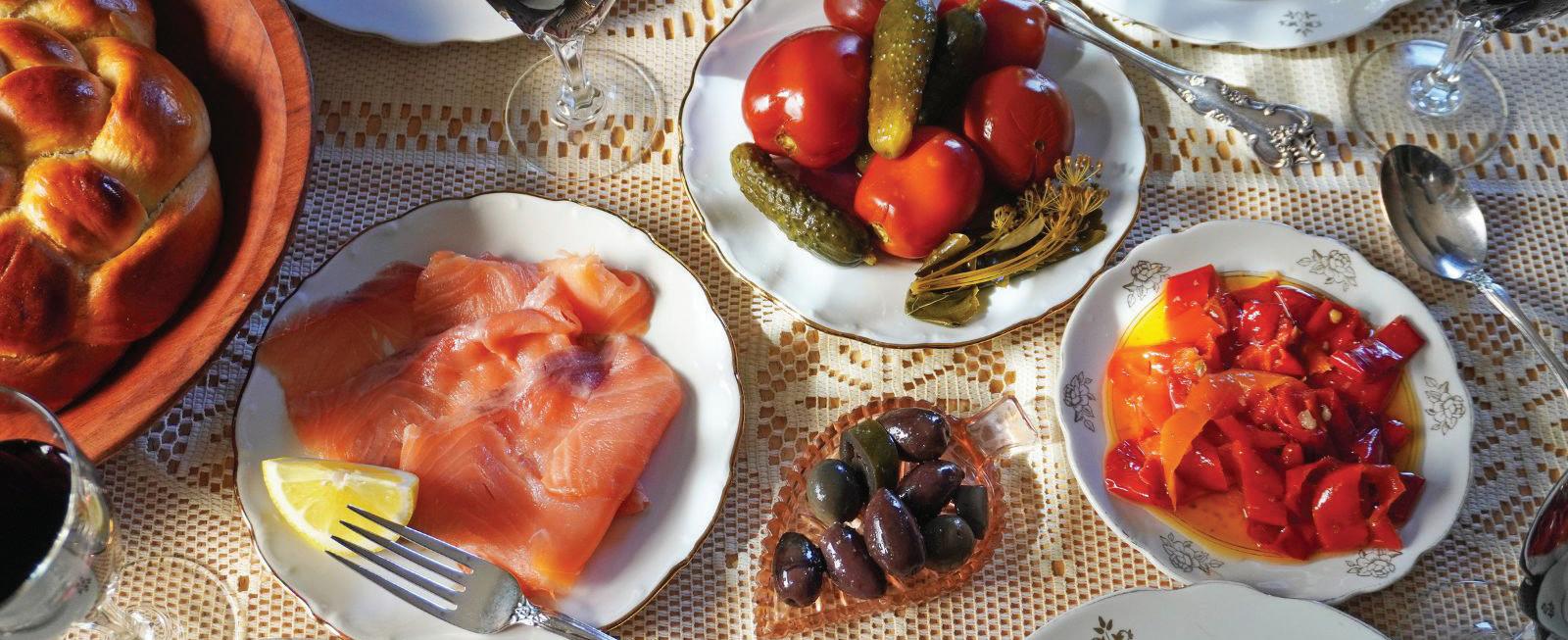 SONYA SANFORD | THE NOSHER VIA JTA
SONYA SANFORD | THE NOSHER VIA JTA
Most of my American Jewish friends ate brisket, kugel and babka at their family High Holiday feasts. I often imagined what that would be like, curious about the dishes that were so popular with my friends but were never served in my own home. In my Soviet immigrant family, our holiday meals looked quite different.
Typically, my maternal grandmother, Mira, hosted both Rosh Hashanah and Yom Kippur at her home. These meals always had a very specific four-course order. The conversations were lively, imperfect, raucously joyous — sometimes tears were shed or voices were raised.


My family would often discuss the acute contrast to what life was like in Seattle as compared to Ukraine and the former Soviet Union. I would listen with rapt attention, the first born American in a family of refugees. I heard the stories of having to go to work on Yom Kippur and pretending like one wasn’t fasting to avoid
being caught observing the holiday. It was illegal to practice Judaism there. My family told me about lighting candles with closed blinds, as any neighbor was a potential threat to them being discovered defiantly observing their faith.
The world they came from felt so close and yet, unimaginably far away. Each course brought me closer to my family’s past. The dishes only ever changed slightly year after year; the holiday food was sacred.
Walking into the dining room after temple services, the table would already be filled with zakuski — an assortment of small dishes and appetizers. For our family, that included a spread of smoked and cured fish like pickled herring, smoked mackerel, homemade gravlax or gefilte fish. There would also be salads and spreads cramming the table, like pashtet (chopped liver), eggplant caviar, pickled mushrooms, marinated red peppers and salad Olivier. We would sit down to the colorful array of offerings and wait for the
prayers to be said over the wine and the bread. A golden loaf of challah was then sliced and shared, served alongside thick pieces of dark Russian brown bread.
As we ate, my grandmother slowly inched dishes closer to each person’s plate in a not-so-subtle attempt to encourage taking seconds. Each extra helping was interpreted as a clear sign of love and affection; and conversely, any refusal was the ultimate sign of rejection. “Do you not like my cooking? You haven’t eaten anything!” We would laugh and poke fun at her, as we carefully avoided over-filling our plates. Even if one managed to eat a modest portion, it was easy to start feeling full from the abundant first course.
Next came soup served in good china. Silver-rimmed floral print bowls were filled with impossibly clear chicken consommé, sometimes served with perfectly fluffy matzah balls, and other times with bright golden egg noodles. Chicken soup was called bouillon, and no holiday meal was complete without it. While we ate the soup course, tummies would fill, glasses of Manischewitz would pour, and we paused to raise our glasses over and over. We toasted to my grandmother and her cooking, then my father toasted to the beloveds who were not with us at the table but were always with us in spirit. “L’Chaim, l’chaim!” Glasses clinked. Bowls emptied, we’d sit and wait as my grandfather ever so slowly finished his bouillon. He couldn’t bear to eat anything that was hotter than seventy degrees, and carefully blew on each spoonful of broth long after his soup stopped steaming. My grandmother told us about how when my grandfather was in the Russian army during World War II, he never had enough time to finish his meals. He would still be blowing
on his soup while the other soldiers had finished their main courses. This made my grandfather laugh. Stories of survival were always infused with self-deprecation and a strong sense of humor.
Finally, the third course would come. By this point I would have landed myself in Baba Mira’s tiny kitchen, asking if I could help her bring anything out to the table. She would lovingly hand me a small platter of fried potatoes or a mix of vegetables, pan-fried with matzah meal, or grechka (buckwheat) cooked with caramelized onions. Then she would bring out a whole duck roasted with prunes or a special chicken dish. Along with the duck, she might also serve a whole piece of baked salmon, loaded with fresh herbs and citrus. By this point in the meal, the bread basket started to empty, and my grandfather would reach for one last piece of brown bread to sop up his plate. Inevitably, I’d fall asleep on the couch as everyone else remained at the table sharing anecdotes and jokes, lingering in each others’ satiated company.
No meal was complete without a cup of hot chai (tea). My grandmother would bring out one of her stunning honey cakes, wishing all of us sweetness in the new year. She’d serve it alongside ripe fall fruit like Italian plums and sweet grapes. If it was a particularly festive gathering, there might also be dark chocolates filled with liqueur to end the meal.
This was the seder, the order, for each of our family gatherings. Here we were, free to eat whatever we wanted, to celebrate our faith openly, to be Jewish and American. A dream was realized, with or without brisket, and always with a hot bowl of chicken soup. JN
When I prepare my Rosh Hashanah dinner menu, I’m always thinking about a crowd — sisters, brothers, nieces, nephews, stepmother, friends, cousins — and whoever else decides to pop in.
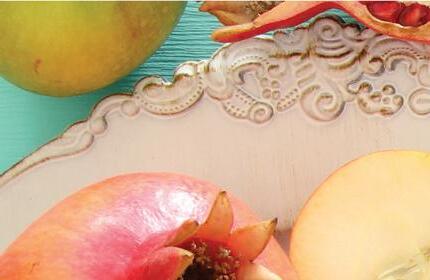
That’s why I try to make recipes that can feed a crowd, are easy and can be made ahead if possible. The three recipes that I am loving for this holiday are an appetizer of paprika-roasted carrot hummus, a main course of Mediterranean sheet-pan chicken and a wonderful side dish of roasted brussels sprouts with warm honey glaze.
The paprika-roasted carrot hummus is the one that can be made ahead and that feeds a lot. If you serve it alongside apples and honey and a few other choice appetizers, you will have a lovely spread that can be noshed on while awaiting the entrée!
Speaking of that, I love any kind of sheet




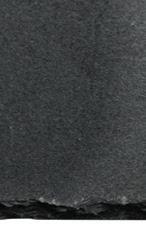











pan dinner. To have veggies and protein cooking together in one pan pan encourages the melding of flavors and the ease of cleanup. For this Mediterranean sheet-pan chicken, a lovely marinade of olive oil, garlic, smoked paprika and other spices is tossed with chicken thighs, garbanzo beans, Kalamata olives, cherry tomatoes and sourdough bread cubes. Spread it all on the sheet pan and bake it for 20-30 minutes or until the chicken is cooked through. If you aren’t a big chicken thigh person, you could also use chicken breasts, but be sure to find small ones so that they will cook in the same amount of time. Finally, for a delicious side dish roast up some brussels sprouts and toss them in a honey non-dairy butter sauce. Serve these hot from the oven and your guests will be in heaven!
Wishing you all a beautiful holiday!

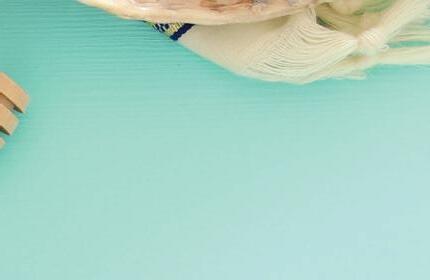 Shanah Tovah!
Shanah Tovah!
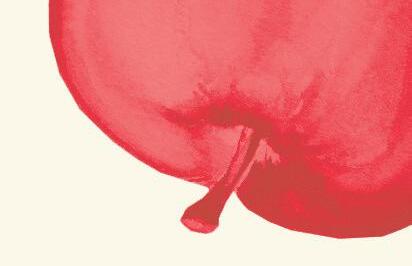



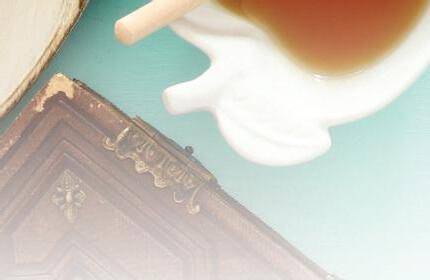


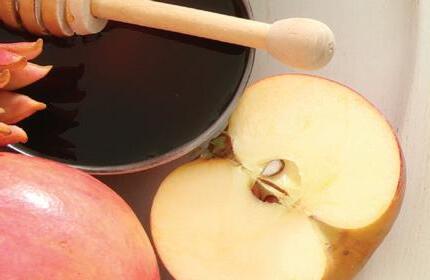


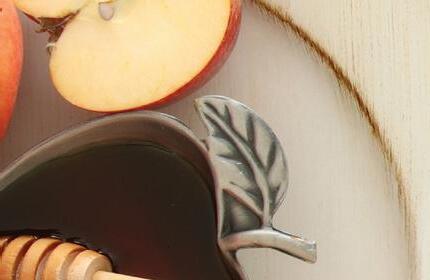




Ingredients:





1/3 cup extra-virgin olive oil
5 medium garlic cloves, finely minced
1 tablespoon smoked paprika
1 1/2 teaspoons oregano
1 teaspoon ground cumin

1 teaspoon ground coriander
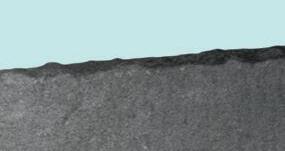

1 teaspoon kosher salt

1/3 cup finely chopped cilantro
1 1/2-2 pounds boneless, skinless chicken thighs
2 (15-ounce) cans garbanzo beans (chickpeas), well drained
1/2 cup pitted Kalamata olives, drained
1 pint cherry tomatoes
3 cups cubed sourdough bread, cut into 1/2-1 inch cubes
Cilantro leaves or chopped cilantro for garnish
1 medium size lemon, halved and thinly sliced
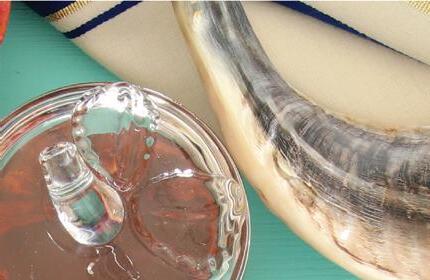
Instructions:
Preheat oven to 450°F. Line a sheet pan with foil for easy cleanup.
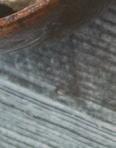
Mix first seven ingredients in medium bowl. Stir well to combine. Add chicken, garbanzo beans, olives, tomatoes, sourdough cubes and 1/3 cup cilantro. Toss to coat.
Transfer mixture to prepared pan and spread out to an even layer, exposing the chicken thighs. Sprinkle the thighs with freshly ground black pepper.
Bake in preheated oven until chicken is cooked through and bread is crisp about 20-30 minutes. Transfer chicken mixture to plates. Sprinkle with remaining cilantro. Garnish with lemon slices if desired. Serve and enjoy!

Ingredients:
Roasted Carrots
1 pound carrots, peeled & sliced 1/2-inch thick
1 tablespoon smoked paprika
Olive oil
Kosher salt
Hummus

1/4 cup ice cold water, plus more if needed
1 (15.5 oz) can chickpeas (no salt added), rinsed & drained
2 garlic cloves, roughly chopped
1/2 cup tahini
2 tablespoons olive oil

2 teaspoons lemon zest
2 tablespoons lemon juice
1 1/4 tsp kosher salt
1 tablespoon sesame seeds
1 tablespoon fresh dill leaves

1 tablespoon chopped fresh chives
Flaky sea salt
Warm pita or pita chips, for serving
Instructions:
For the roasted carrots, preheat the oven to 425°F. Line a sheet pan with parchment paper. Place the sliced carrots onto the sheet pan. Add the smoked
paprika, a generous drizzle of olive oil and a good pinch of salt. Toss to coat. Spread the carrots into an even layer. Roast for 30-35 minutes, or until tender. Let cool for about 10 minutes.
For the hummus, add the water, roasted carrots, chickpeas, garlic, tahini, olive oil, lemon zest, lemon juice and salt to a high-powered blender (you could also use a food processor, but the blender will create the smoothest texture).
Blend until smooth and creamy, using a spatula to scrape down the sides of the blender a couple of times. If needed, add a little bit more water to help everything combine. Taste and add more salt if needed.
Plate the hummus with the sesame seeds, dill, chives, a pinch of flaky sea salt and a drizzle of olive oil over top. Serve with warm pita or pita chips alongside.

1 1/2 pounds brussels sprouts, trimmed, halved
1/4 cup extra-virgin olive oil
1/2 teaspoon kosher salt, plus more
Freshly ground black pepper



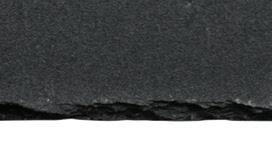





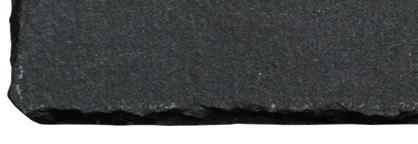

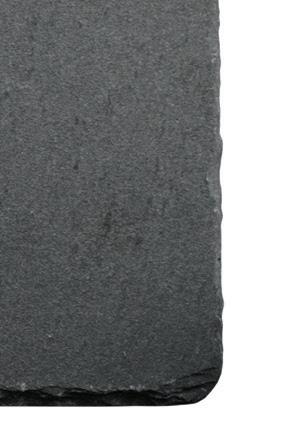



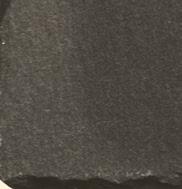


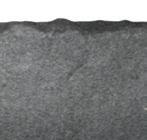





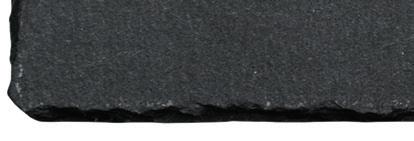

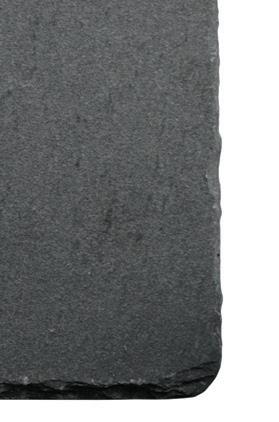
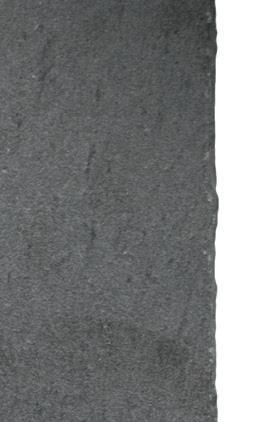

1/4 cup honey
1/3 cup sherry vinegar or red wine vinegar

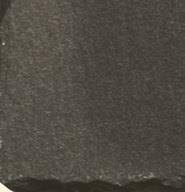

3/4 teaspoon crushed red pepper flakes (optional)
3 tablespoons unsalted butter
1 teaspoon finely grated lemon zest
Instructions:
Place a rack in bottom third of oven and set a rimmed baking sheet on top; preheat oven to 450°F. Toss brussels sprouts and oil in a large bowl; season with salt and black pepper.
Carefully remove baking sheet from oven. Using tongs, arrange brussels sprouts, cut side down, on baking sheet. Roast on bottom rack until tender and deeply browned, 15-20 minutes.
Meanwhile, bring honey to a simmer in a small saucepan over medium-high heat. Reduce heat to medium-low and cook, stirring often, until honey is a deep amber color but not burnt (it will be foamy), about 3 minutes. Remove from heat; add vinegar and red pepper flakes, if using, and whisk until sauce is smooth (it will bubble quite aggressively when you first add the vinegar). Set saucepan over medium heat, add butter and remaining 1/2 teaspoon salt and cook, whisking constantly, until glaze is glossy, bubbling and slightly thickened, about 4 minutes. Transfer brussels sprouts to a large bowl. Add glaze and toss to coat. Transfer to a platter and top with scallions and lemon zest. JN
Francine Coles is a food blogger based in Phoenix. Find more of her food insights and recipes at thefancypantskitchen.com.

Chabad at Arizona State University welcomed students back for the fall semester with a big “Welcome Bash.” Director Rabbi Shmuel Tiechtel said it was fun to connect with new and returning students, adding, “What a great kick-off to the semester!”

Rabbi Michael Aminov of Phoenix’s Beit Midrash Ohr Neriye, right, met with Rabbi Yitzhak Yosef, the Sephardi Chief Rabbi of Israel, this summer. PHOTO COURTESY OF RABBI MICHAEL AMINOV
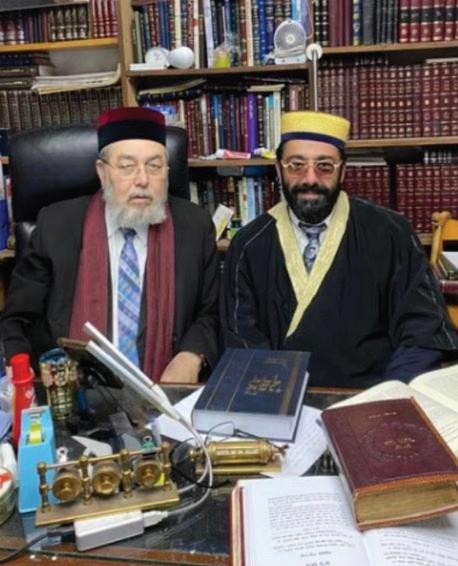
More than 700 people gathered to celebrate Jewish Community Day with the Arizona Diamondbacks on Aug. 27. This community-wide event, organized by the Center for Jewish Philanthropy of Greater Phoenix, brought together individuals from all walks of life to enjoy a day of unity, baseball and cultural festivities. To see more photos from the day, visit jewishphoenix.com.
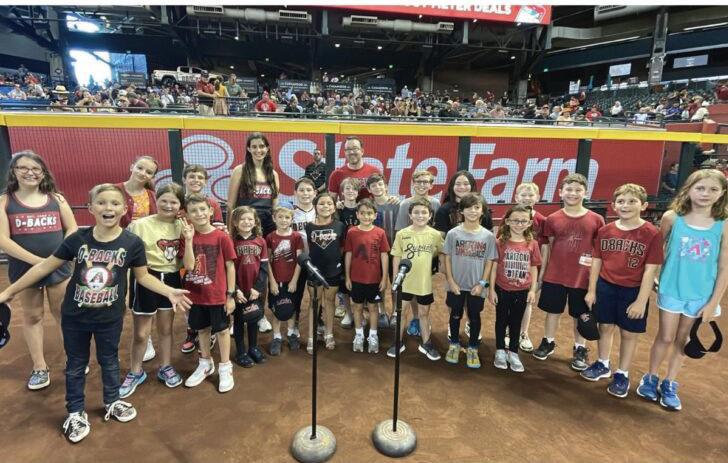
People gathered at The Simcha Showcase on Aug. 20, to meet the vendors catering to Jewish celebrations, b’nai mitzvah, weddings and more. COURTESY OF JEWISH NEWS




3-5 p.m. East Valley Jewish Community Center, 908 N. Alma School Road, Chandler. Join the Early Learning Center at the EVJCC for an afternoon of stories and crafts with PJ Library and make your own holiday challah to bake at home. Cost: $5 for each individual making challah. Register by Friday, Sept. 8. For more information, visit evjcc.org/event/family-challah-bake-2023/.
FRIDAY, SEPT. 8
Open House Community Shabbat: 5:30 p.m. The Jewish Community of Sedona and the Verde Valley, 100 Meadow Lark Drive, Sedona. Join JCSVV for an open house and Oneg Shabbat of refreshments and socializing following Shabbat service. Cost: free. For more information, visit jcsvv.org.
Wine and Cheese Open House: 6 p.m. 3535 E. Lincoln Drive (inside Gloria Christi Federated Church), Paradise Valley. Join Beth Ami Temple adult congregation to learn more about its services, social groups, activities, guest speakers, concerts and community affairs projects. Cost: free; RSVP at bethamitemple@hotmail. com or call 602-956-0805. For more information, visit bethamitemple.org.
FRIDAY, SEPT. 8-SUNDAY SEPT. 10
PJ Library Family Camp: Camp Daisy and Harry Stein, 3400 W. Camp Pearlstein Road, Prescott. Join PJ Library for a family camp weekend including Shabbat services, sports, arts and crafts, rock wall, zipline, ropes course and more. For more information, visit phoenixcjp.regfox.com/ pj-library-family-camp.
Documentary Film Series: All day online
Sept. 8-10; in person Sept. 11 at 7 p.m. at Arizona Jewish Historical Society, 122 E. Culver St., Phoenix. Join the Arizona Jewish Historical Society for a free online streaming of the documentary, “Hope Without Boundaries.” For more information, visit azjhs.org/ documentary-film-series.
SATURDAY, SEPT. 9
First Annual Swift Golf Tournament: 6:30 a.m.-2 p.m. Raven Golf Club, 3636 E. Baseline Road, Phoenix. Join Swift Youth Foundation for a golf tournament with proceeds going towards Swift’s weekly, monthly and annual programming that provides community, continuity and life-skill development throughout the year. For more information, visit swiftyouth.org/golf.html.
SUNDAY, SEPT. 10
Israeli Film Series: 8 a.m.-8 p.m. Online. Join the East Valley Jewish Community Center for the film, “Generation 1.5.” Sign up to receive the link and watch it from home anytime that day. Cost: free. For more information, visit evjcc.org/film/.
Center for Jewish Philanthropy Youth Board Meeting: 1-3 p.m. Ina Levine Jewish Community Campus, 12701 N. Scottsdale Road, Scottsdale. Join the B’nai Tzedek Youth Philanthropy Program of Greater Phoenix for the kick-off meeting of the year for teens. For more information, visit phoenixcjp.org/what-we-do/ bnai-tzedek-youth-philanthropy-program.
Women’s Health Symposium: 10:30-11:30 a.m. Congregation Beth Tefillah, 6529 E. Shea Blvd., Scottsdale. Join Chana Weisberg, editor of TheJewishWoman.org, for a lecture and panel discussion from professionals in women’s health and relationships. Cost: $36 per individual. For more information, visit bethtefillahaz.org/event/womenshealth-symposium.html.
TUESDAY, SEPT. 12
CBT’s Tots & Play: 10 a.m. Congregational Beth Tefillah, 6529 E. Shea Blvd., Scottsdale. Join CBT for an interactive experience for mom and children. Cost: $5. For more information, visit bethtefillahaz.org.
Lowe Family Lecture Series-Modern Jewish Studies with Polish Scholars: 12 p.m. Online. Join Arizona State University Jewish Studies for “Citizens of Yiddishland, or When Jewish Communists Did Not Cease to Be Jewish” presented by Prof. Joanna Nalewajko-Kulikov from the Polish Academy of Sciences in Poland. For more information, visit jewishstudies.asu.edu/JSPoland.
WEDNESDAY, SEPT. 13
2023 September Gathering: 4:30-6 p.m. Scottsdale Community Bank, 8767 E. Via de Ventura, Scottsdale. Join the Center for Jewish Philanthropy’s Professional Advisory Network for an event geared towards professional advisors in the estate-planning community and nonprofit partners to learn about the four different Arizona Tax Credits and how they benefit the local Jewish organizations. Cost: $18. For more information, visit phoenixcjp.regfox.com/ pan-september-gathering.
SUNDAYS
B.A.G.E.L.S: 9-11 a.m.; last Sunday of the month. Valley of the Sun Jewish Community Center, 12701 N. Scottsdale Road, Scottsdale. Grab a bagel and a cup of coffee at Bagels And Gabbing Every Last Sunday and enjoy some time with your friends and make new ones. You must register to attend. Bagels and coffee will be provided. Cost: free for members, $5 for guests. For more information and to register, visit vosjcc.org.

THURSDAYS
Storytime at Modern Milk: 9:30 a.m. Modern Milk, 13802 N. Scottsdale Road, #163, Scottsdale. Storytime for babies, toddlers and preschoolers. Integrates children’s books and songs while giving parents new ideas for play. Cost: $5. For more information and to register, visit modernmilk.com/after-baby.
SUNDAYS Chassidus Class: 9 a.m. Online. Learn about the Chasidic movement with Rabbi Yossi Friedman. Cost: Free. For more information, visit chabadaz.com.
Jewish War Veterans Post 210: 10 a.m. Online. Any active duty service member or veteran is welcome to join monthly meetings, every third Sunday. Cost: free. For more information, email Michael Chambers at c365michael@yahoo.com.
Sundays are for the Family Weekly Feed: 3-5 p.m. Tempe Beach Park, 80 W. Rio Salado Pkwy., Tempe. Join Arizona Jews for Justice and AZ HUGS for the Houseless every Sunday to serve food to those in need. For more information and to RSVP, email Arizonajews4justice@gmail.com.
Anxiety in the Modern World: 6 p.m. Online. Learn the secrets of the Torah for living stress-free in the current environment with Rabbi Boruch of Chabad of Oro Valley. Cost: free. Tune in using this link: zoom. us/j/736434666. For more information, visit chabadaz.com.
MONDAYS Ethics of Our Fathers: 7 p.m. Online. Learn with Rabbi Zalman Levertov. Tune in at: bit. ly/2Y0wdgv. Cost: free. For more information, visit chabadaz.com.
Quotable Quotes by our Sages: 7 p.m. Online. Learn with Rabbi Shlomy Levertov. Tune in at: JewishParadiseValley.com/ class. Cost: free. For more information, visit chabadaz.com.
Partners in Torah: 7:30 p.m. Online. Join a growing group of inspired learners with Project Inspire. Cost: free. Tune in at: us04web. zoom.us/j/3940479736#success, password is 613. For more information, email Robin Meyerson at robin@projectinspireaz.com.
Learning to Trust in God: 7:30 p.m. Online. Learn with Rabbi Yossi Friedman. Tune in at: ChabadAZ.com/LiveClass. Cost: free. For more information, visit chabadaz.com.
Torah & Tea: 7:30 p.m. Online. Learn with Rabbi Yossie Shemtov. Cost: free. For more information, visit Facebook.com/ChabadTucson.
TUESDAYS
Let’s Knit: 1:30 p.m. Ina Levine Jewish Community Campus, 12701 N. Scottsdale Road, Scottsdale. Share the pleasure of knitting, crocheting, etc. outside the social hall in the campus. Can’t knit? We can teach you! Every level welcome. Cost: free. For more information, visit vosjcc.org.
Maintaining an Upbeat Attitude: 7 p.m. Online. A class exclusively for people in their 20s and 30s, learn how Jewish Mysticism can help with your attitude with Rabbi Shlomy Levertov. Cost: free. Tune in at: JewishParadiseValley.com/YJPclass. For more information, visit chabadaz.com.
WEDNESDAYS
History of the Jews: 11 a.m. Online. Learn the Jewish journey from Genesis to Moshiach with Rabbi Ephraim Zimmerman. Cost: free. Tune in here: zoom.us/j/736434666. For more information, visit chabadaz.com.
Torah Study with Temple Beth Shalom of the West Valley: 11 a.m.-12:30 p.m. Online. Weekly study group explores that week’s portion and studies different perspectives and debates the merits of various arguments. Intended for adults, Torah study is open to students of all levels. For more information, contact the TBS office at 623-977-3240.
Happiness Hour: 11:30 a.m. Online. Class taught by Rabbi Pinchas Allouche that delves into texts and references culled from our traditions to address a relevant topic. For more information or to join, visit cbtvirtualworld.com.
Torah Study with Chabad: 12 p.m. Online. Take a weekly journey of Torah with Rabbi Yossi Levertov. Cost: free. For more information, visit chabadaz.com.
Lunch & Learn: 12:15 p.m. Online. Grab some food and learn with Rabbi Yehuda Ceitlin. Cost: Free. Get Zoom link by emailing info@ chabadtucson.com. For more information, visit chabadtucson.com.
The Thirteen Petalled Rose: 1 p.m. Online. Kabbalah class that studies “The Thirteen Petalled Rose” by Rabbi Adin Even-Israel Steinsaltz, focusing on the many concepts of Kaballah and Jewish Mysticism and applying them to everyday life. For more information or to join, visit cbtvirtualworld.com.
Mahjong: 1:30-3:30 p.m. East Valley Jewish Community Center, 908 N. Alma School Road, Chandler. Come play mahjong each week. For all levels. Cost: free; registration required at evjcc.org/mahjong/.
JACS: 7:30-8:30 p.m. Valley of the Sun Jewish Community Center, 12701 N. Scottsdale Road, Scottsdale. In person and via Zoom support group for Jewish alcoholics, addicts and their friends and family on the first and third Wednesdays of the month. Cost: Free. For more information, email jacsarizona@ gmail.com or call 602-692-1004.
Words & Whiskey: 8:30 p.m. Online. Learning session for men. Cost: Free. To RSVP, email rmollenaz@gmail.com or call/text 310-709-3901.
THURSDAYS
Ladies Torah & Tea: 10:30 a.m. Online. Learn about the women of the Torah with Mrs. Leah Levertov. Cost: free. Tune in at: ourjewishcenter.com/virtual. For more information, visit chabadaz.com.
Talmud - Maakos: 11 a.m. Online. Learn with Rabbi Shlomy Levertov. Cost: free. Tune in at: JewishParadiseValley.com/YJPclass. For more information, visit chabadaz.com.
Mindfulness Gatherings: 12 p.m. Online. Hosted by Hospice of the Valley via Zoom. Cost: free. To join by phone, dial 1-253-2158782, meeting ID 486 920 2119#, to get the Zoom link or for further questions contact Gill Hamilton at ghamilton@hov.org or 602-748-3692.
The Science of Everything: 4 p.m. Online. Explore the most fundamental work of Chassidut: the Tanya, with Rabbi Boruch. Cost: free. Tune in at: zoom.us/j/736434666. For more information, visit chabadaz.com.
Teen Discussions: 7-8:30 p.m. Online. Learn with Rabbi Tzvi Rimler. Cost: free. Tune in at cteen.clickmeeting.com/east-valley. For more information, visit chabadaz.com.
SATURDAYS
Saturday Mindfulness Gatherings: 9:30 a.m. Online. Hosted by Hospice of the Valley. To join by phone, dial 1-253-215-8782, meeting ID 486 920 2119#. To get the Zoom link or for more information, contact Gill Hamilton at ghamilton@hov.org or 602-748-3692.
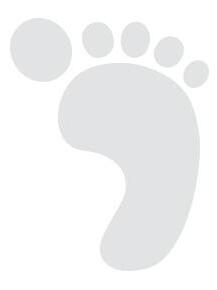

Book Discussion: 1:30-2:30 p.m. Online. Join Or Adam Congregation for Humanistic Judaism on the third Saturday of every month for a book discussion. For more information and to register, contact oradaminfo@gmail.com.
FRIDAYS
Shabbat in the Park: 10-11 a.m. Cactus Park, 7202 E. Cactus Road, Scottsdale. Join the Bureau of Jewish Education of Greater Phoenix monthly for music, parachute play, crafts and a family Shabbat experience. For more information, visit bjephoenix.org.
Welcome Shabbat: 11-11:30 a.m. Online. Celebrate Shabbat with the JFCS Virtual Center for Senior Enrichment. Each week a different guest host will lead the program with song and celebration. Cost: free. For more information, visit jfcsaz.org/cse.
Shabbat at Beth El: 11-11:45 a.m. Beth El Phoenix, 1118 W. Glendale. Ave., Phoenix. Celebrate Shabbat with songs, blessings and teachings with Rabbi Stein Kokin the first Friday of every month. Special guests will be welcoming Shabbat during the remainder of the month. For more information or to join, visit bethelphoenix.com.
Erev Shabbat Service: 5:30 p.m. Online. Rabbi Alicia Magal will lead a service livestreamed for members of the Jewish Community of Sedona and the Verde Valley. Cost: free. For more information and to obtain the Zoom link, visit jcsvv.org/contact.
Shabbat Services: 5:30 p.m. nosh, 6:15 p.m. service; morning varying dates and times. Temple Chai, 4645 E. Marilyn Road, Phoenix. For more information, contact Sheana Abrams at (602) 971-1234 or sabrams@ templechai.com.
Pre-Shabbat Kiddush Club: 6 p.m. Online. Say Kiddush with Rabbi Mendy Levertov. Cost: free. Tune in here: ourjewishcenter. com/virtual. For more information, visit chabadaz.com.
Shabbat Services: 6 p.m; 9:30 a.m. Congregation Or Tzion, 16415 N. 90th St., Scottsdale. Services are also live streamed at otaz. org/livestream. For more information about services, events and membership, visit congregationortzion.org or call 480-342-8858.
Shabbat Services: 6:15 p.m; 10 a.m. Congregation Beth Israel, 10460 N. 56th St., Scottsdale. Services held in the Goldsmith Sanctuary. Participants must pre-register by Thursday at 5 p.m. Priority will be given to members first and then guests. If there are more requests than available seats a lottery system will be used. For more information or to make a reservation, visit cbiaz.org/ shabbat-services.
Cathy Lynn Waller-Wolf-Trembath was born on August 21, 1950, and passed away on August 19, 2023, after a battle with lung cancer.
Cathy was born to Helen and Irving Waller in Chicago, Illinois. After graduating from Niles East High School in Skokie, Illinois, she received her undergraduate degree in biology from the University of Illinois and later received her master’s degree in social work from the University of Michigan.
Cathy had a long successful career working in Chicago and Phoenix doing advocacy and social work on the behalf of the local Jewish communities. She later taught social work at Monash University in Victoria, Australia.
She and her husband, Leon Trembath, were married in 2004 and lived happily for many years in Madalya, Australia.
Cathy is survived by her husband, Leon; her two sisters, Diana Suchoff and Marcia Waller; her three children, Brian Wolf, Jeffrey Wolf and Brad Wolf; her three daughters-in-law, Tricia Avey, Karen Wolf and Victoria Rocha; and her grandson, Liam Wolf. Services were already held and in lieu of flowers, the family requests that any donations be made to: NCCJ/Anytown (nccjtriad.org) or The Nature Conservancy (preserve.nature.org).
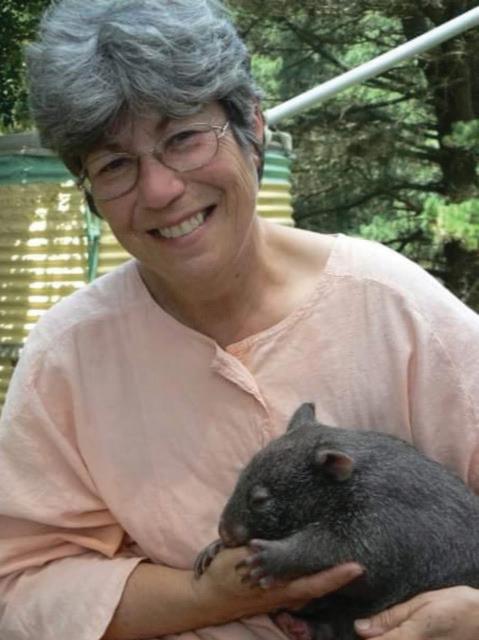
Kabbalat Shabbat and/or Shabbat morning service: 6:30 p.m.; 10 a.m.; dates vary. Congregation Kehillah, 5858 E. Dynamite Blvd., Cave Creek. Join Rabbi Bonnie Sharfman and cantorial soloists Erica Erman and Scott Leader either in person or via Zoom. For safety reasons, please register ahead of time. For dates, visit congregationkehillah. org/event/. Register by emailing info@congregationkehillah.org.
Third Friday Shabbat: 7-9 p.m. Group meets at a North Scottsdale location. The Desert Foothills Jewish Community Association hosts a Shabbat service followed by a program. Contact Andrea at 480-664-8847 for more information.

Shabbat Services with Sun Lakes: 7 p.m. Sun Lakes Chapel, 9240 E. Sun Lakes Blvd. North, Sun Lakes. Sun Lakes Jewish Congregation conducts services on the second Friday of the month. For more information, contact 480-612-4413.
Shabbat Services with Beth Ami Temple: 7:30 p.m. Gloria Christi Federated Church, 3535 E. Lincoln Dr., Paradise Valley. Rabbi Alison Lawton and Cantorial Soloist Michael Robbins lead Shabbat services twice a month. For more information, visit bethamitemple.org.
MONDAYS
Fitness Xpress Series with Zoe: 11-11:30 a.m. Online. Presented by JFCS Center for Senior Enrichment. Workout features weight and band exercises as well as yoga poses. Exercises will be demonstrated standing, but can also be done sitting in a chair. Cost: free. For more information, visit jfcsaz.org/cse.
Sip & Schmooze: 11 a.m. milk + honey, 12701 N. Scottsdale Road, Scottsdale. Sip on kosher coffee or tea, enjoy a pastry and schmooze every second Monday of the month. RSVP appreciated to chani@sosaz. org or 602-492-7670. For more information, visit sosaz.org.
Featured Presentation: 12:30 p.m. Online. Join Smile on Seniors Mondays and Wednesdays to learn from a variety of presenters about topical issues, like Q&As with medical professionals, entertainers and lectures. Cost: free. For more information, visit sosaz.org/virtual or email Rabbi Levi Levertov at levi@sosaz.org.
TUESDAYS
Movie Discussion Group: 11 a.m. Online. Join Smile on Seniors on the third Tuesday of every month hosted by Issy Lifshitz. Cost: free. For full details and the movie of the month visit sosaz.org/virtual or email Rabbi Levi Levertov at levi@sosaz.org.
WEDNESDAYS
Fitness Fun with Zoe: 10-10:45 a.m. Online. Presented by JFCS Center for Senior Enrichment. Workout features light chair exercises with optional weights. Cost: free. For more information, visit jfcsaz.org/cse.
Chair Yoga with Zoe: 11-11:45 a.m. Online. Presented by JFCS Center for Senior Enrichment. 45-minute chair yoga class. No prior yoga experience required. Cost: free. For more information, visit jfcsaz.org/cse.
THURSDAYS

Memory Cafe: 10-11 a.m. first Thursday; 1-2 p.m. third Thursday. Online. Presented by Jewish Family & Children’s Service. Program for those with changes in their thinking or memory, mild cognitive impairment due to Alzheimer’s disease or a related disorder, along with their care partners. For more information, visit jfcsaz.org/our-services/ older-adult-services/memory-cafe/.
In the Kitchen with Benita: 12:30 p.m. Join Smile on Seniors on the fourth Thursday of every month for some delicious cooking or baking fun! Cost: free. For full details visit sosaz.org/virtual or email Rabbi Levi Levertov at levi@sosaz.org.
FRIDAYS
Welcome Shabbat: 11-11:30 a.m. Online. Celebrate Shabbat with the JFCS Virtual Center for Senior Enrichment. Each week a different guest host will lead the program with song and celebration. Cost: free. For more information, visit jfcsaz.org/cse.
Sit or Stand Ballet Class: 12-12:45 p.m. Online. Presented by JFCS Center for Senior Enrichment. Jennifer Cafarella Betts and Friends from Ballet Theatre of Phoenix teach this class. Grab a chair or you can stand next to a chair or counter. Cost: free. For more information, visit jfcsaz.org/cse.
Musical Friday: 12:30 p.m. Online. Join Smile on Seniors on the first Friday of every month for a musical presentation. Cost: free. For full details visit sosaz.org/virtual or email Rabbi Levi Levertov at levi@sosaz.org. JN
FOR SALE: Desirable location in JACOB LOT 655 – 656- ALL INCLUSIVE Limited space as Jacob area is sold out except for estate lots Call today for pricing and viewing appointments.
EDDIE: 480-407-7978

SHARE YOUR ENGAGEMENT, WEDDING, BIRTH, BAR/BAT-MITZVAH ANNOUNCEMENT AND ANY OTHER SIMCHA ON BOTH JEWISHAZ.COM AND THE WEEKLY JEWISH NEWS ... FOR FREE
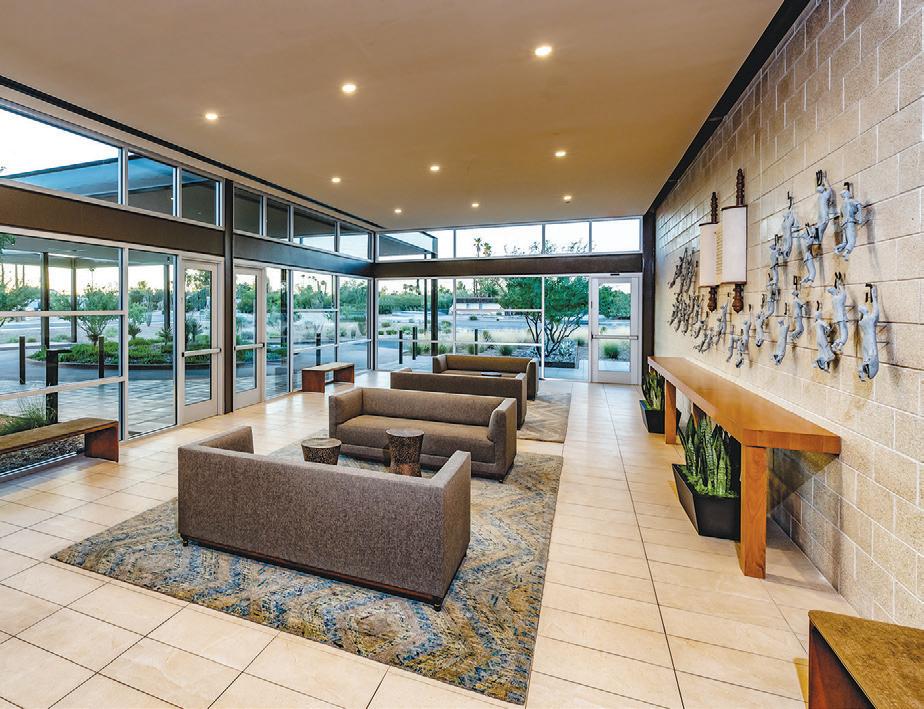

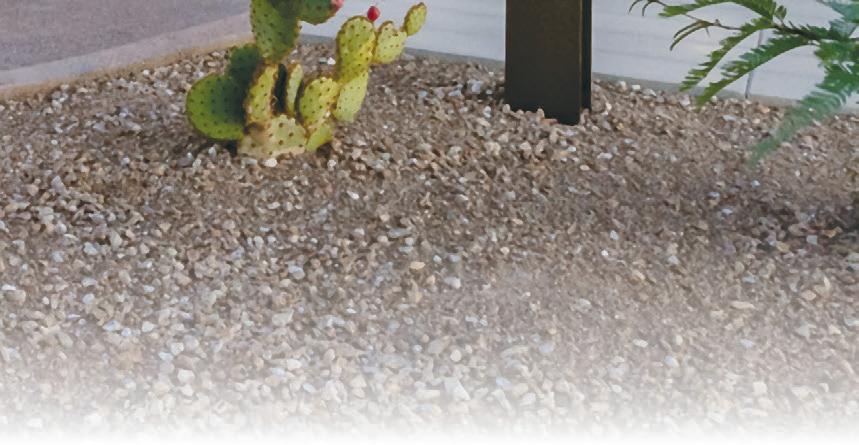

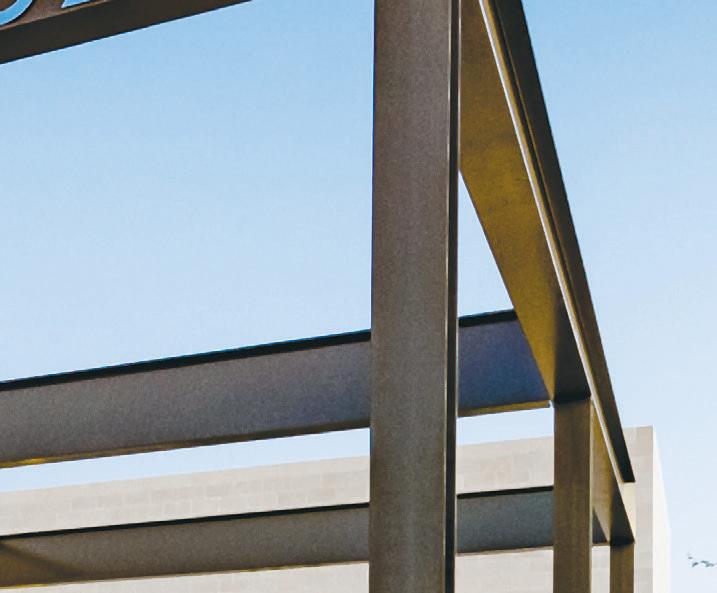
Congregation Beth Tefillah is a welcoming, vibrant synagogue where you are sure to feel at home. Our name is an expression of our primary objective: to serve as a “house of prayer” and a spiritual lighthouse to every Jewish man, woman and child, regardless of background, affiliation or level of observance.



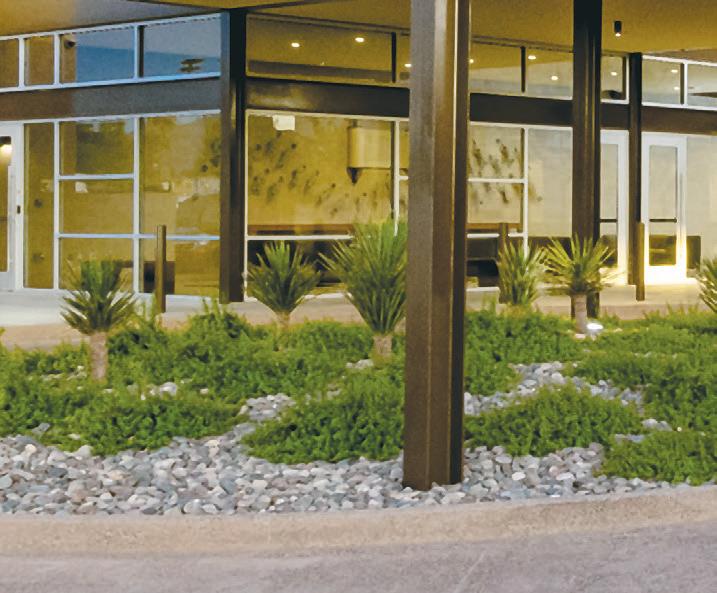

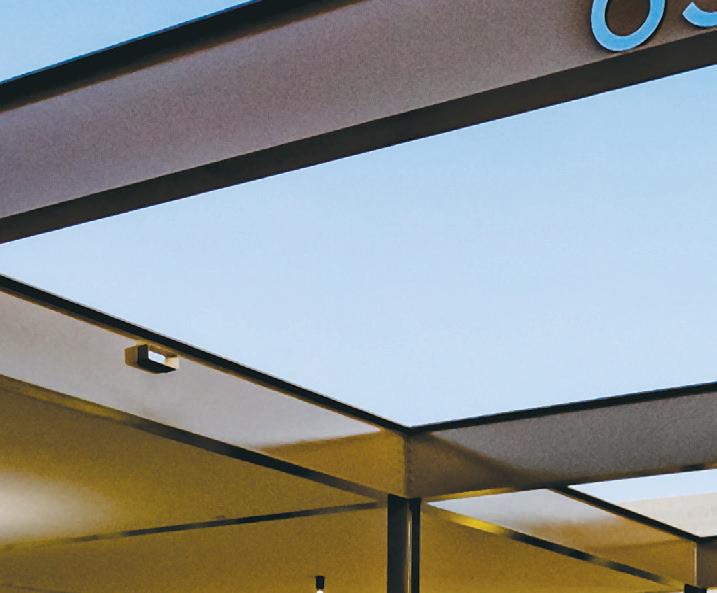
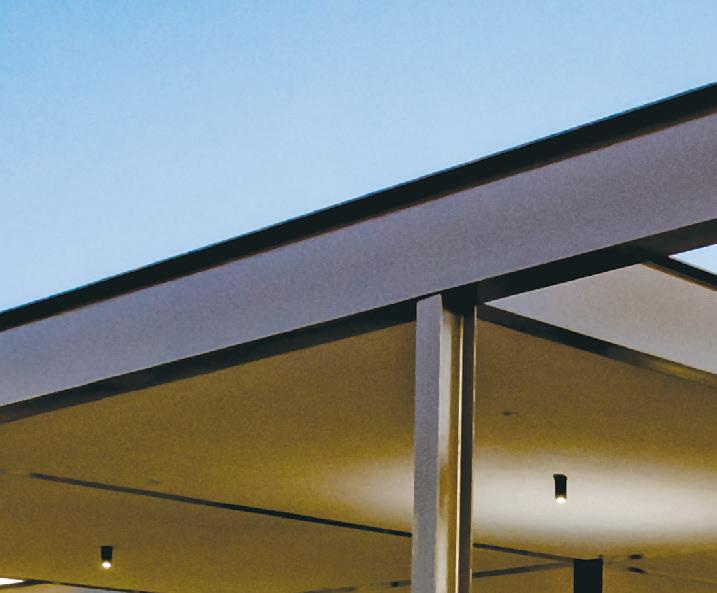



Congregation Beth Tefillah wishes that the year ahead will be filled with peace, happiness and health! BETH


